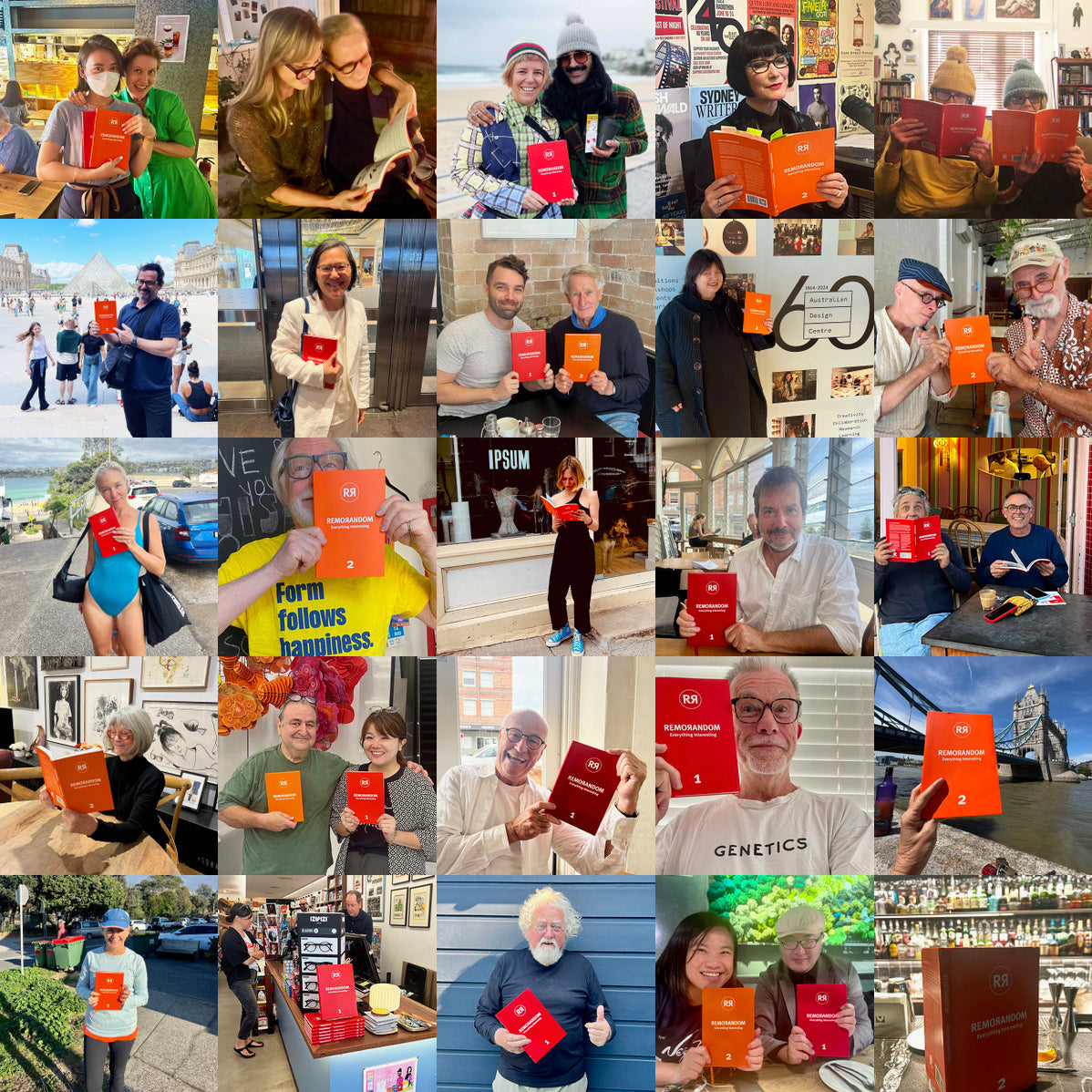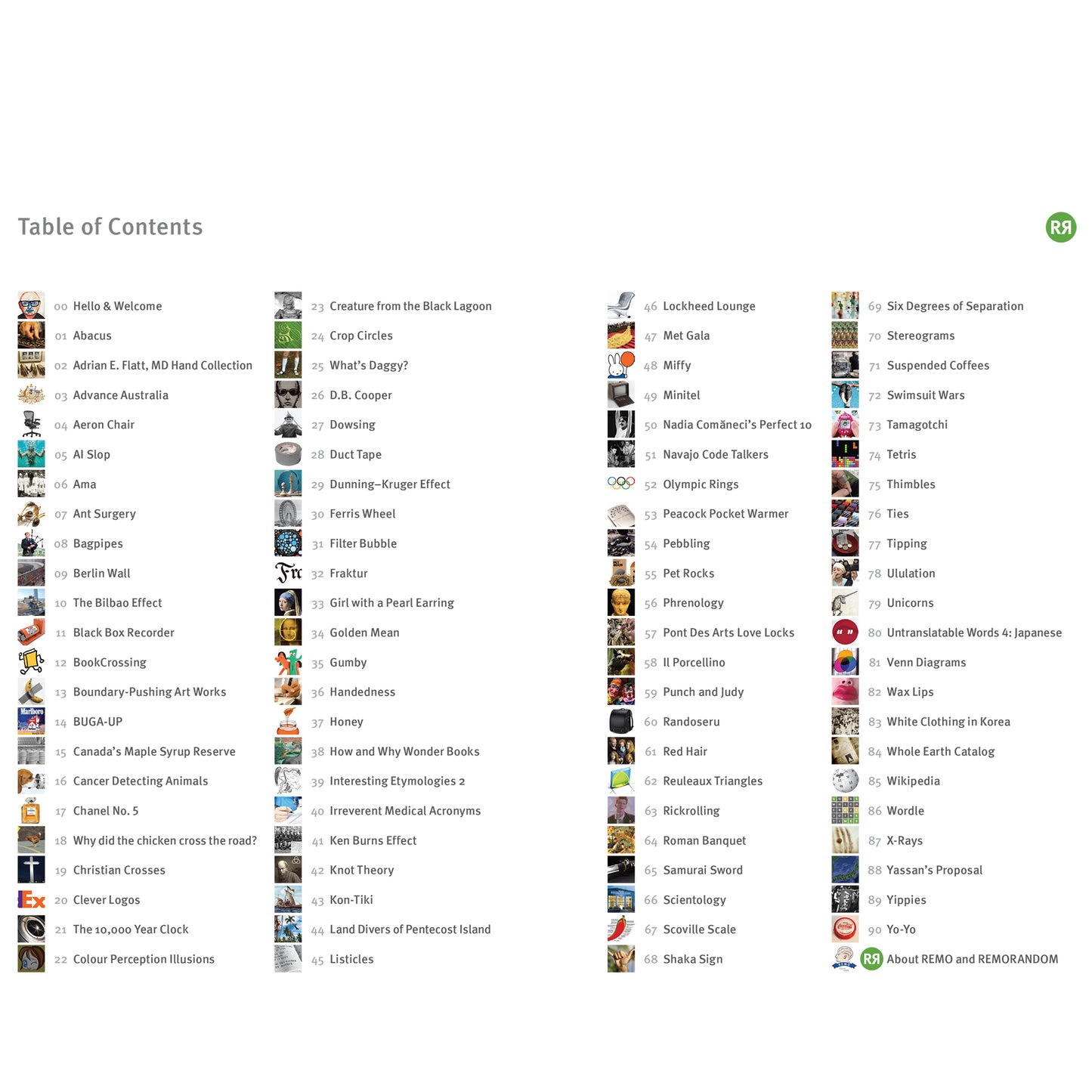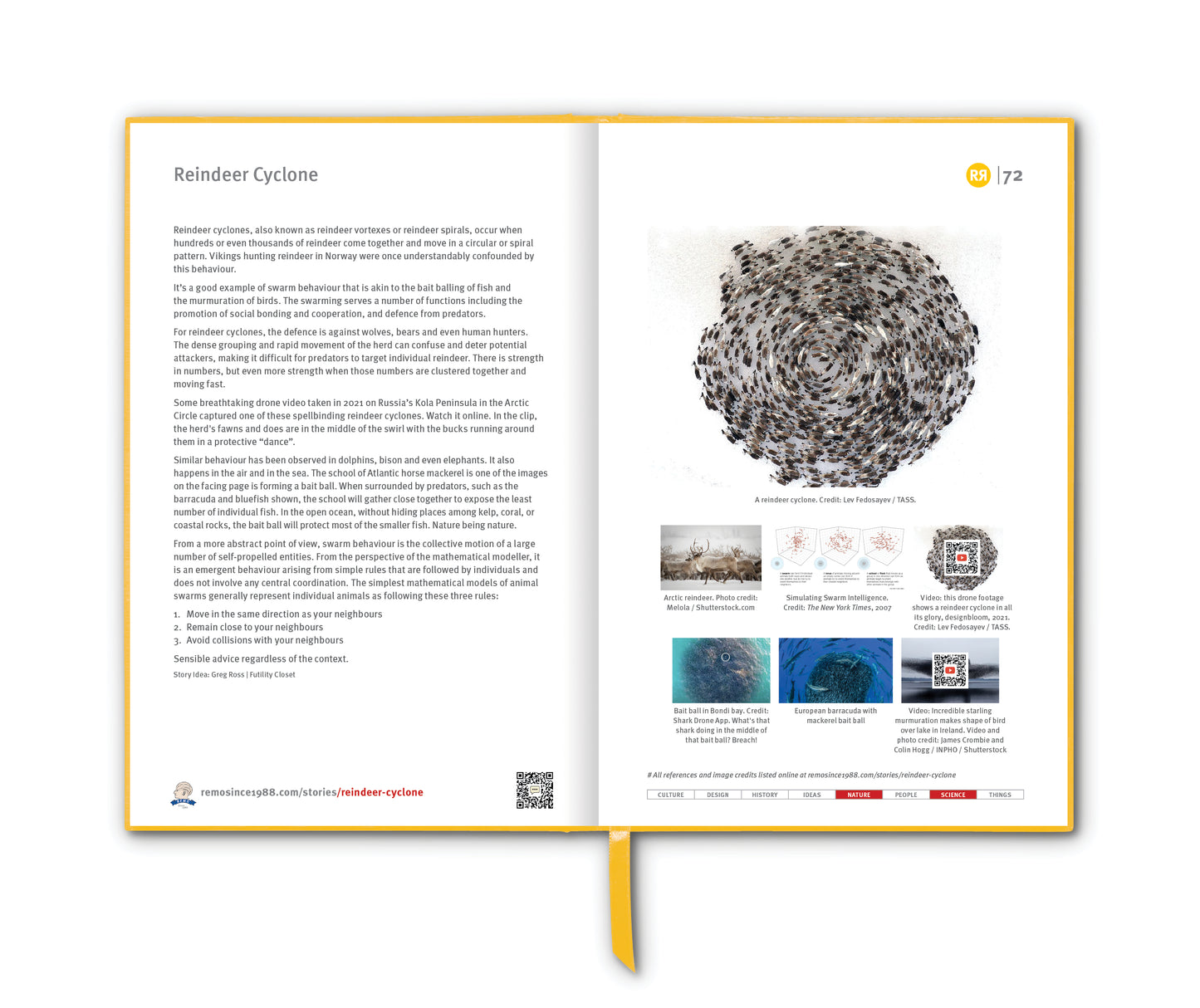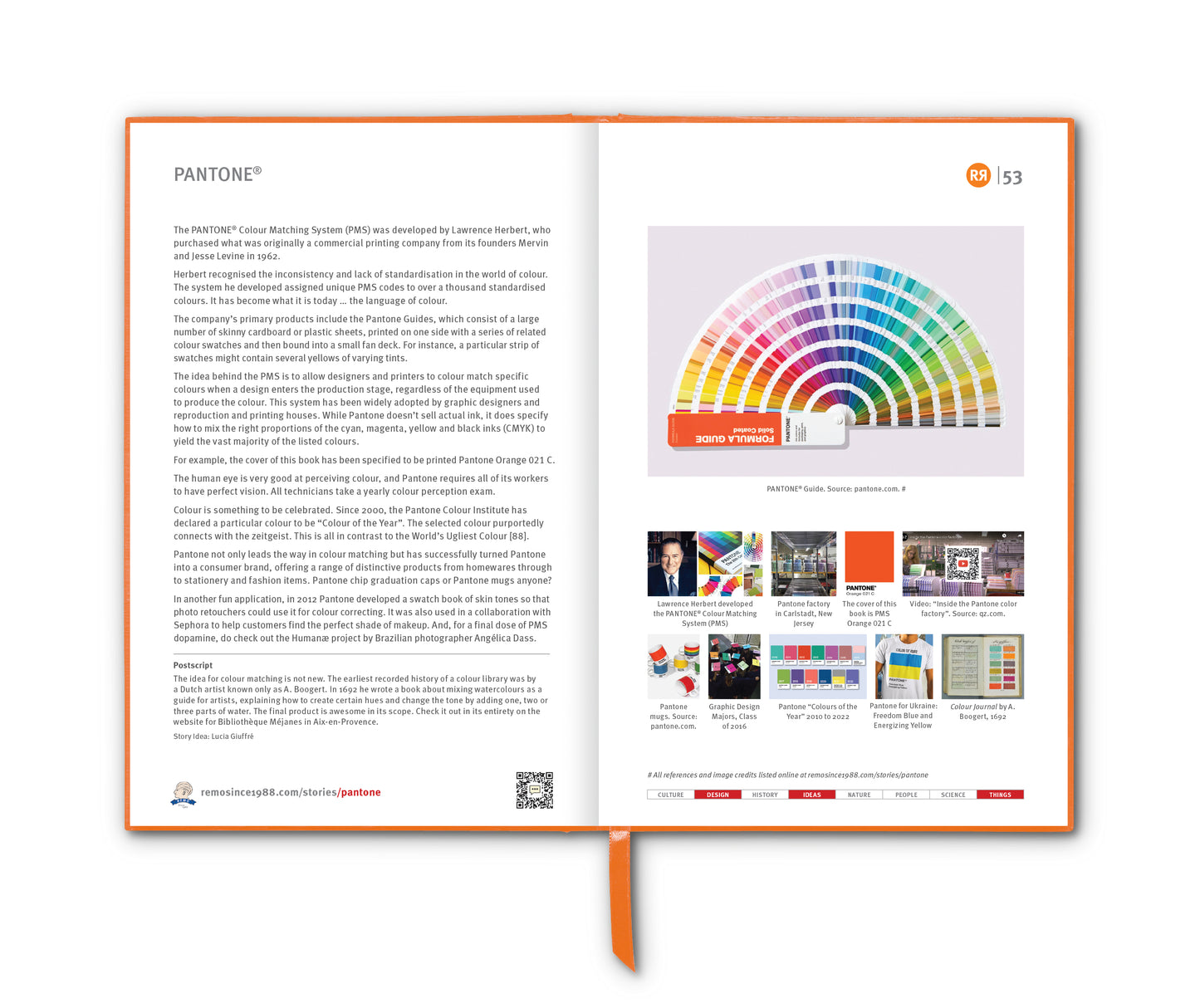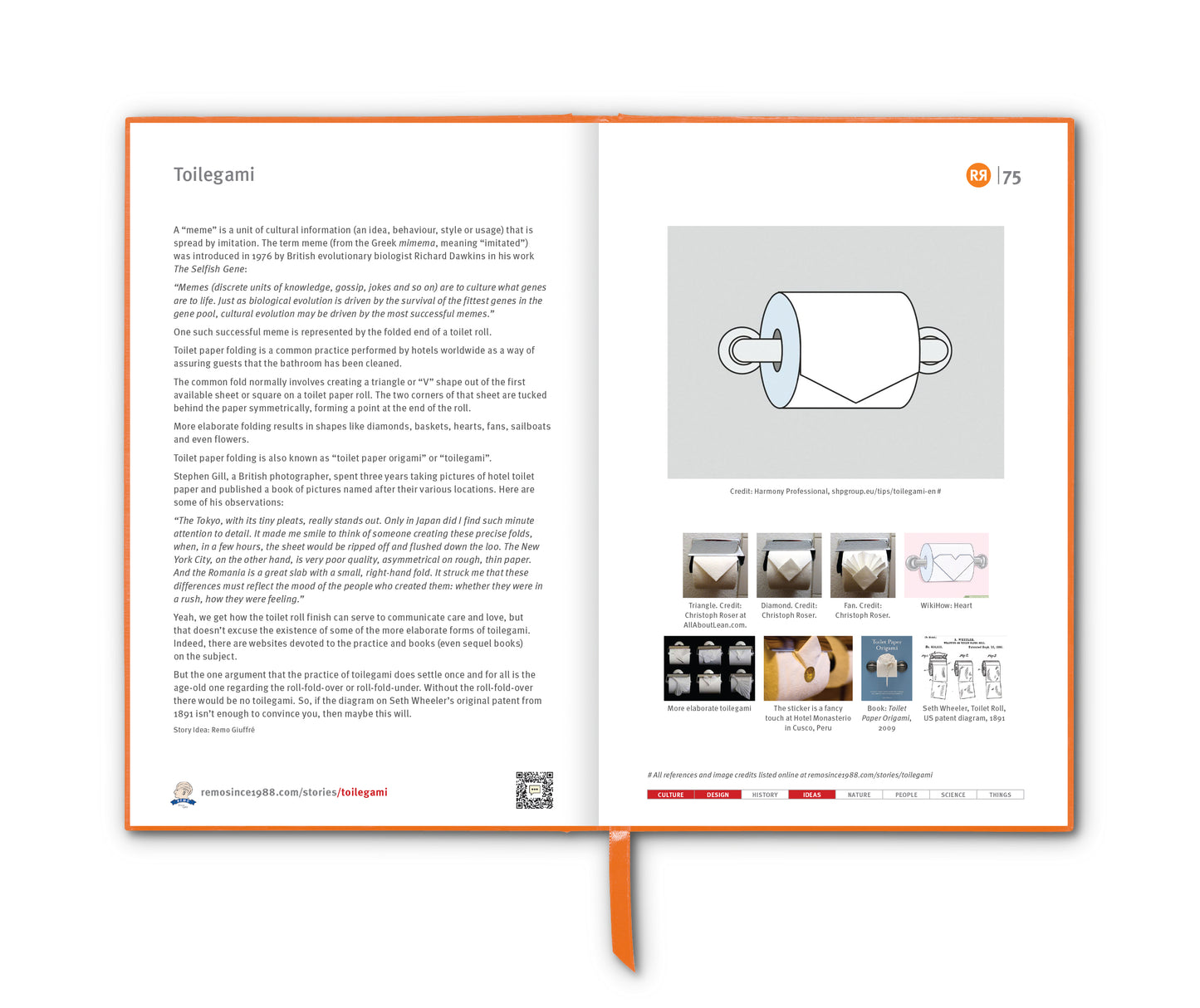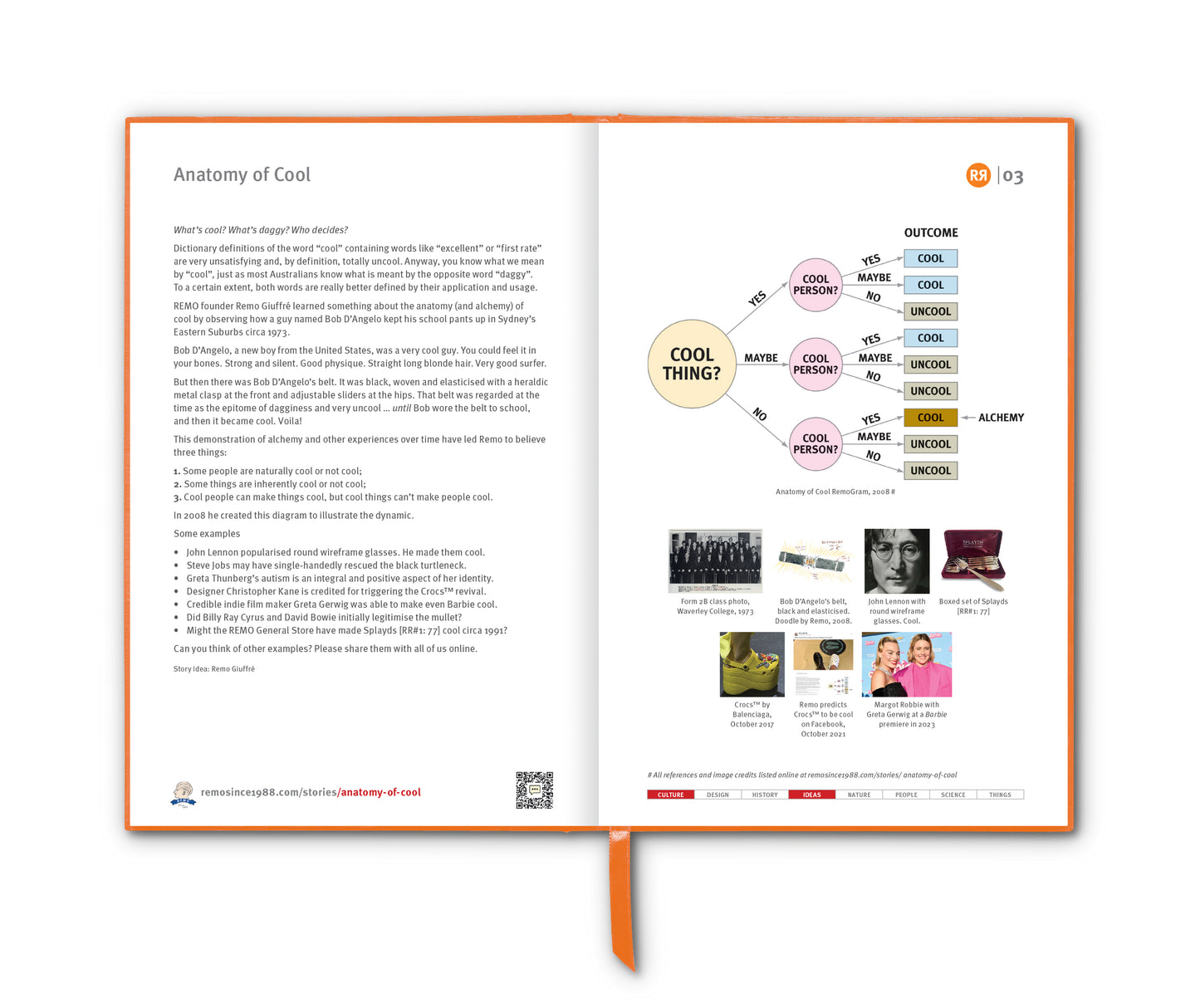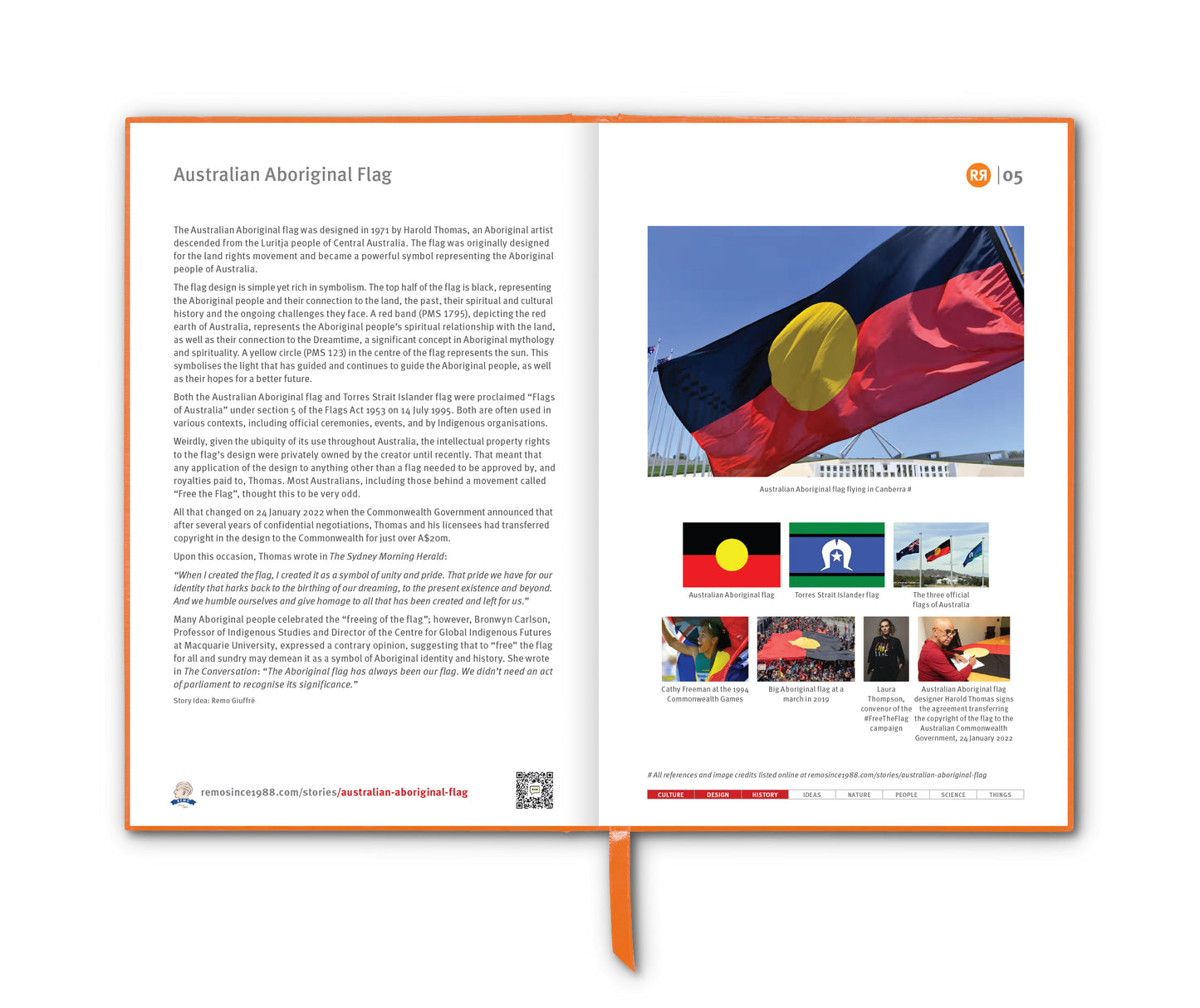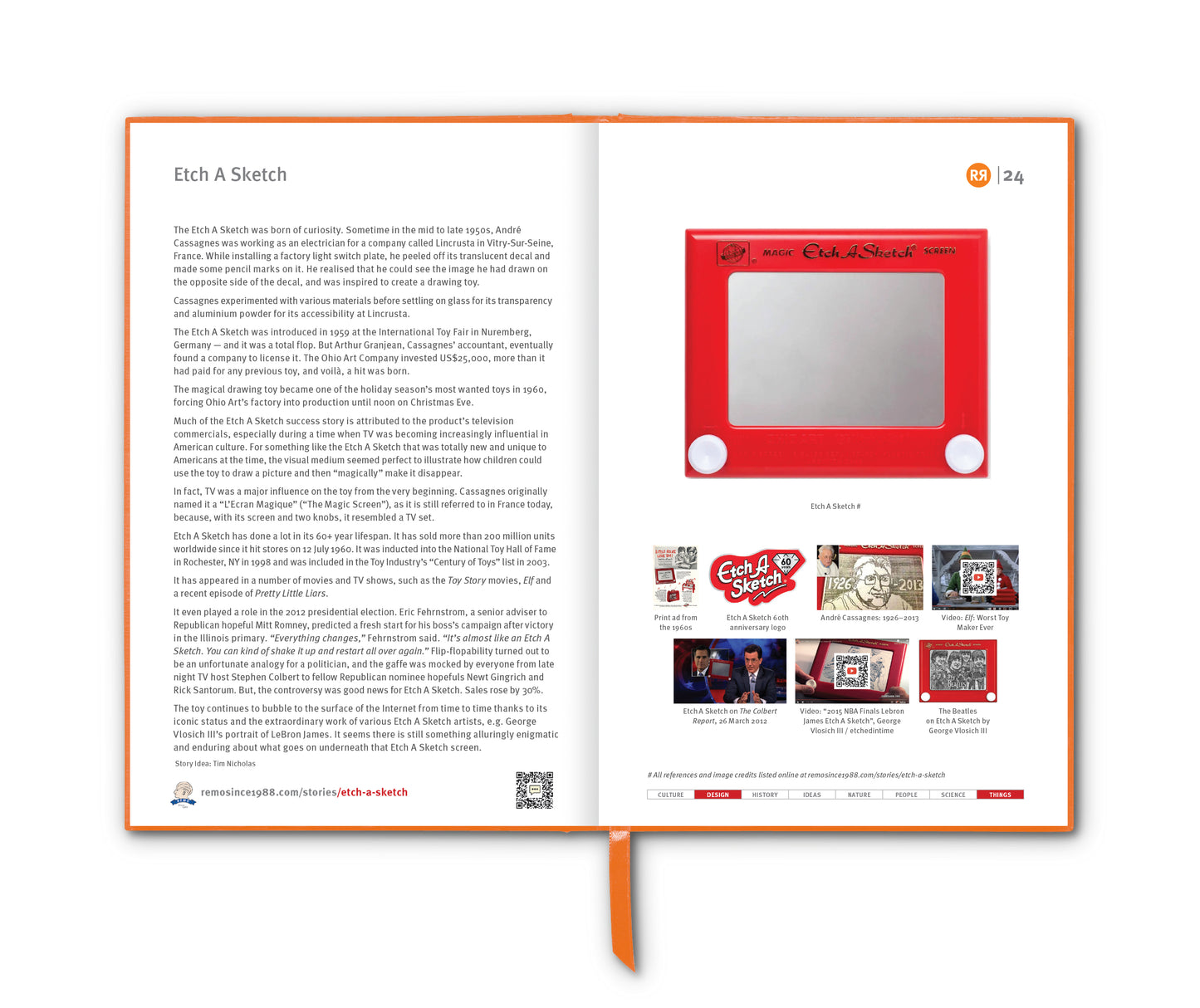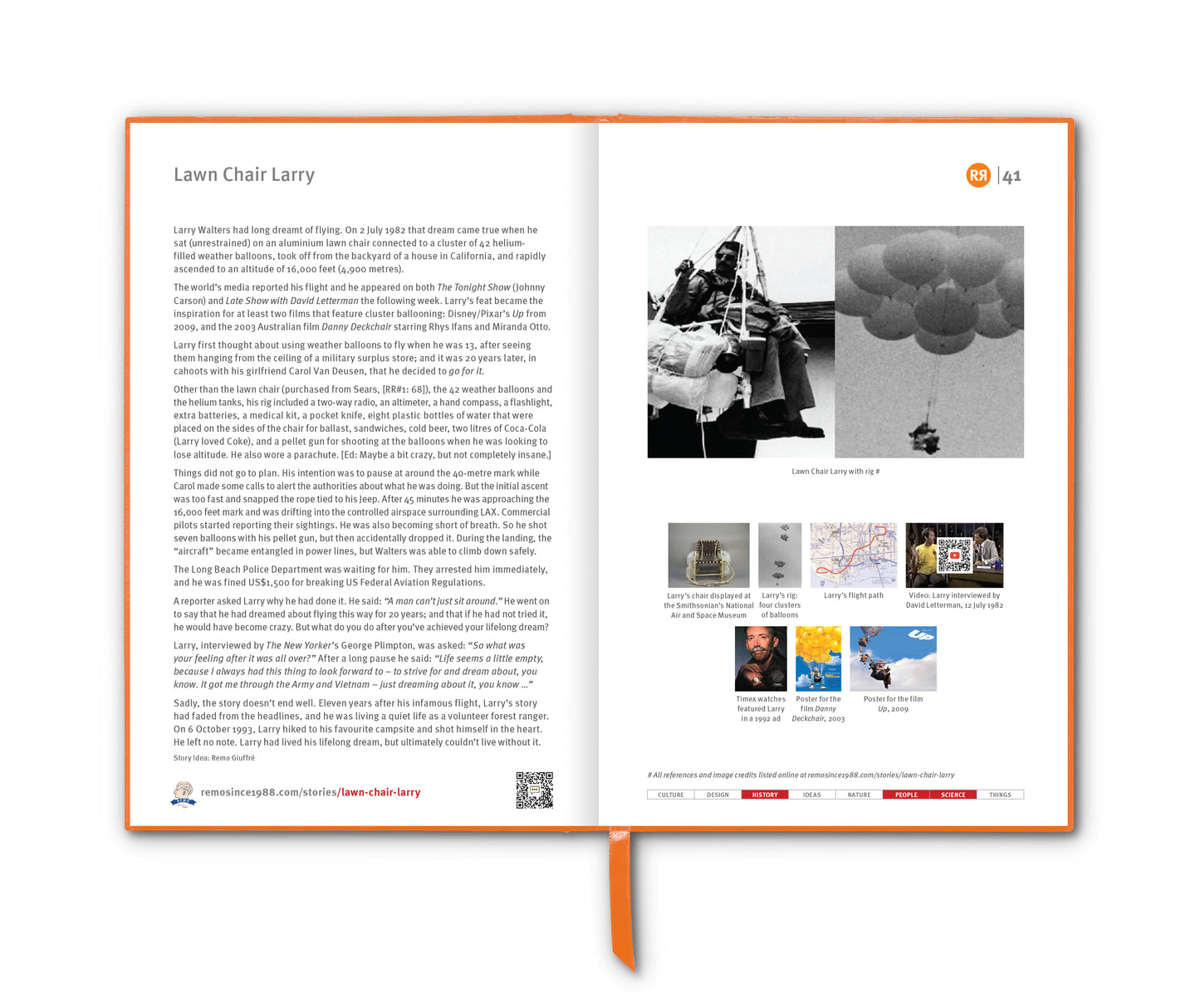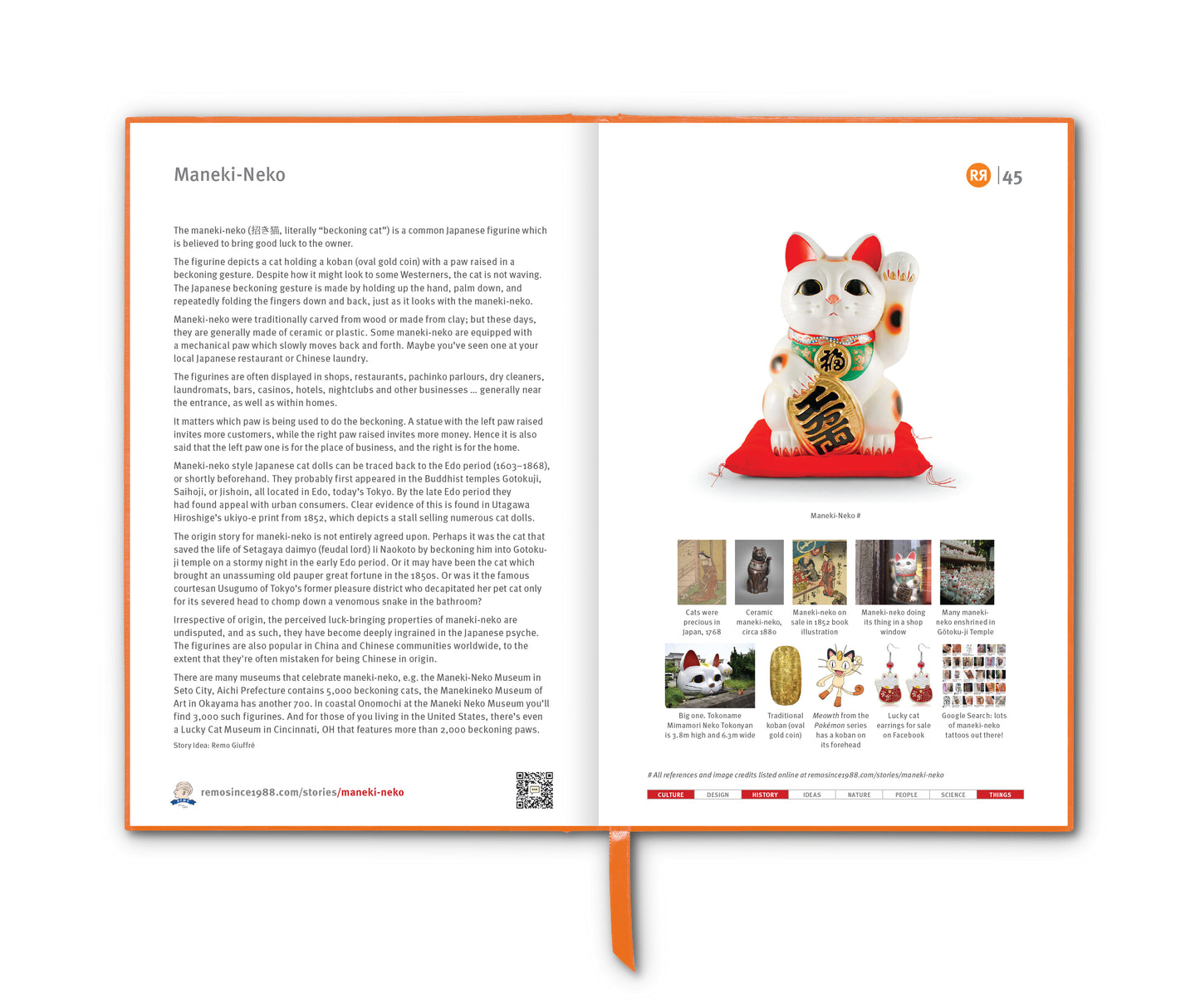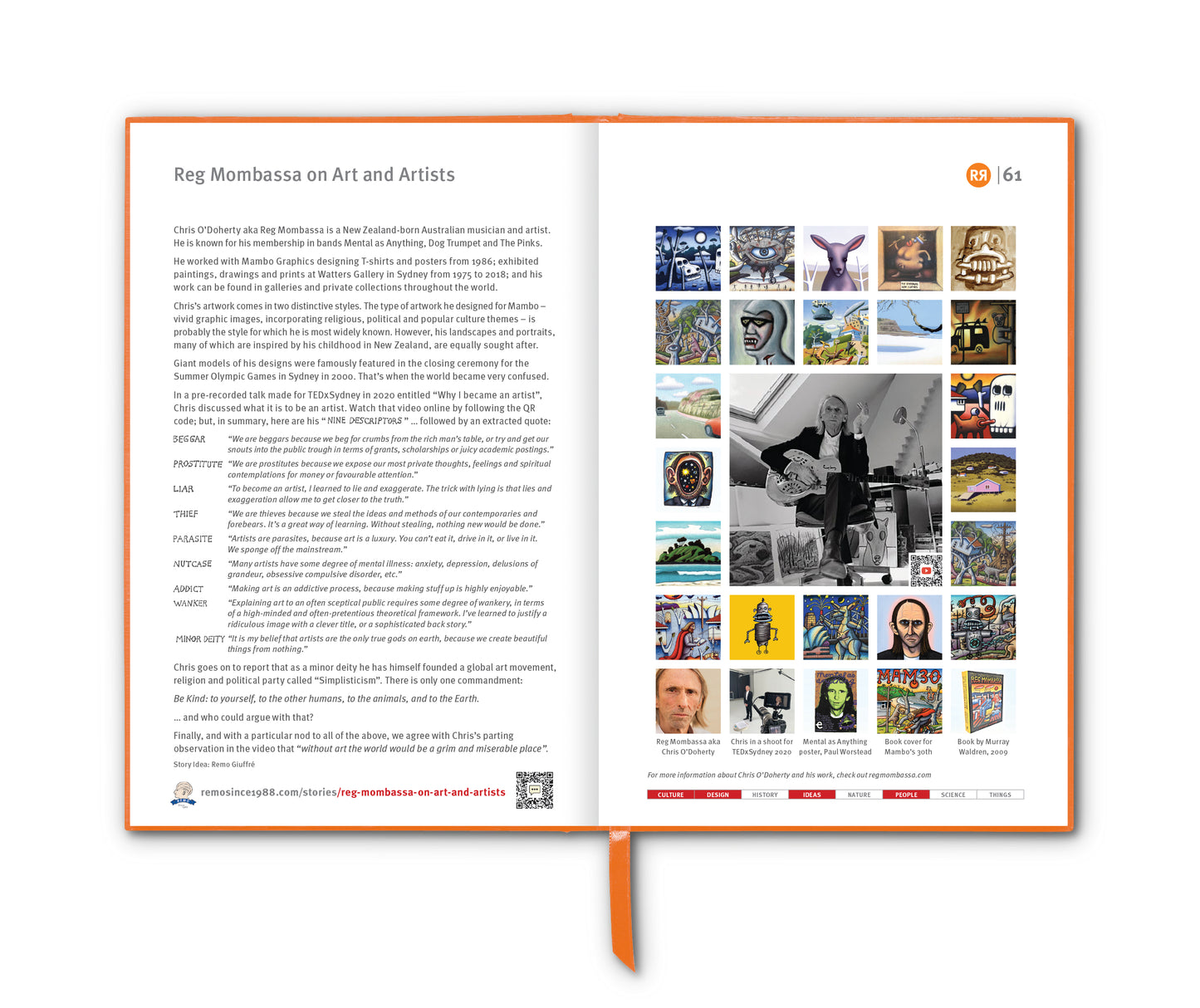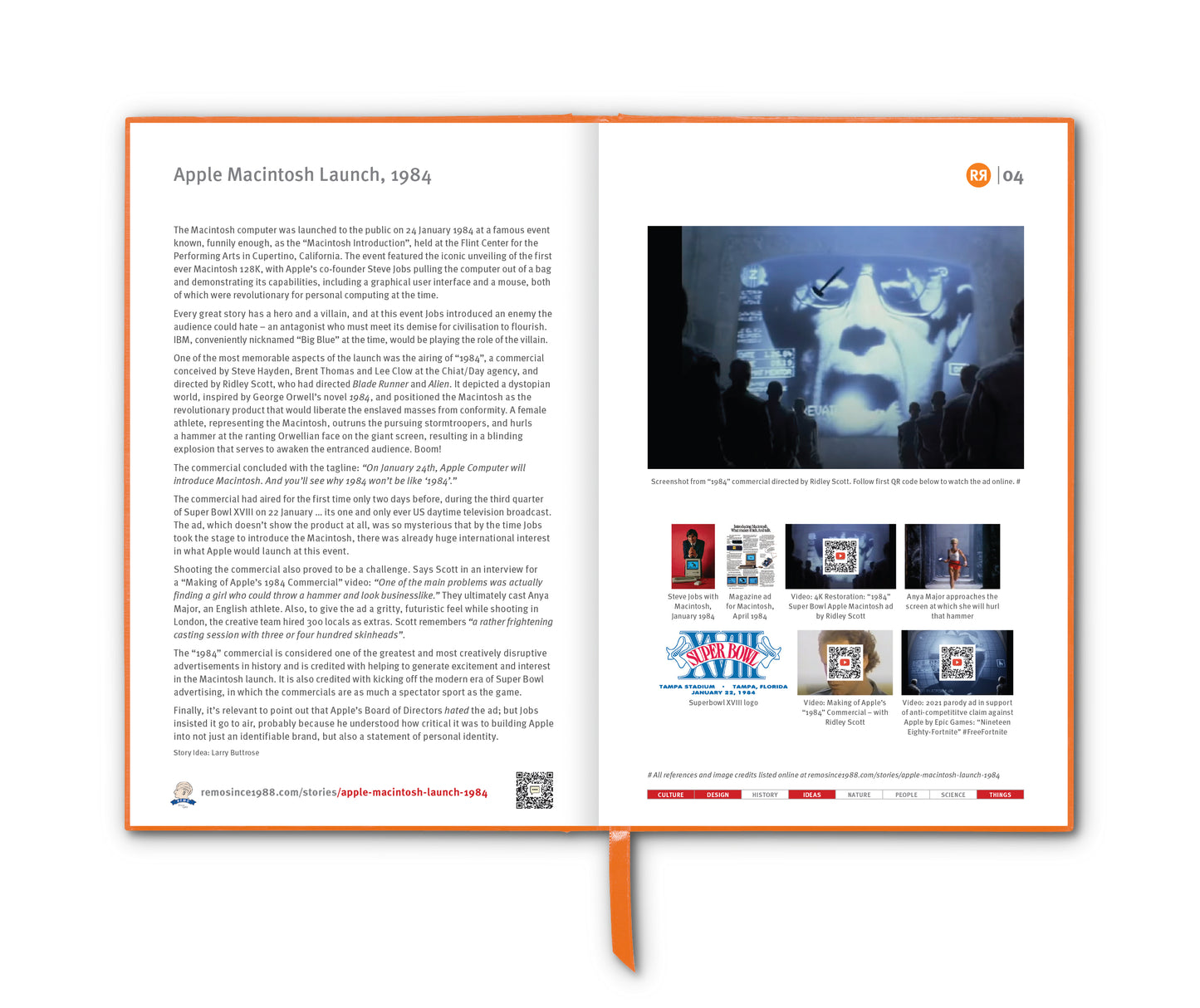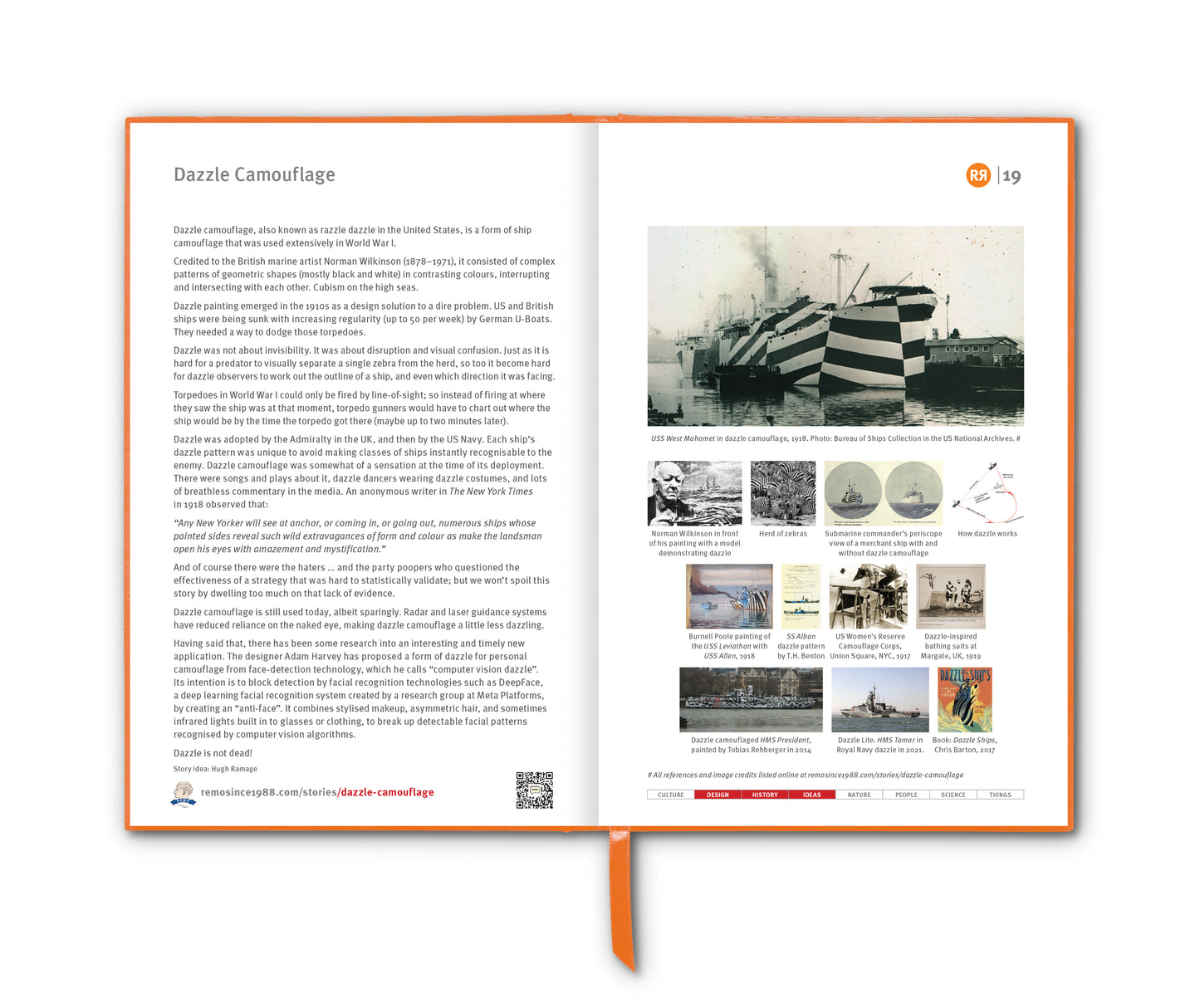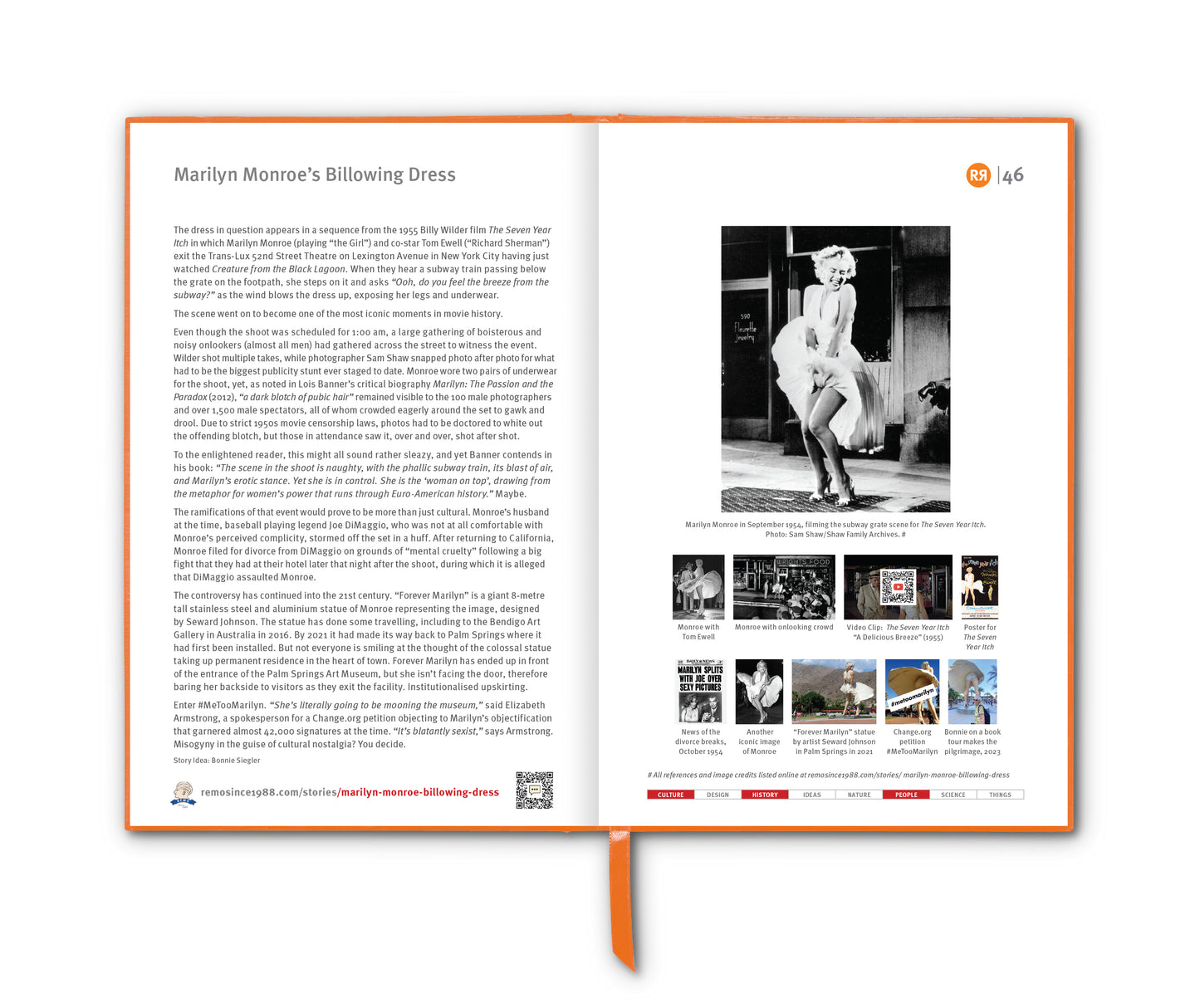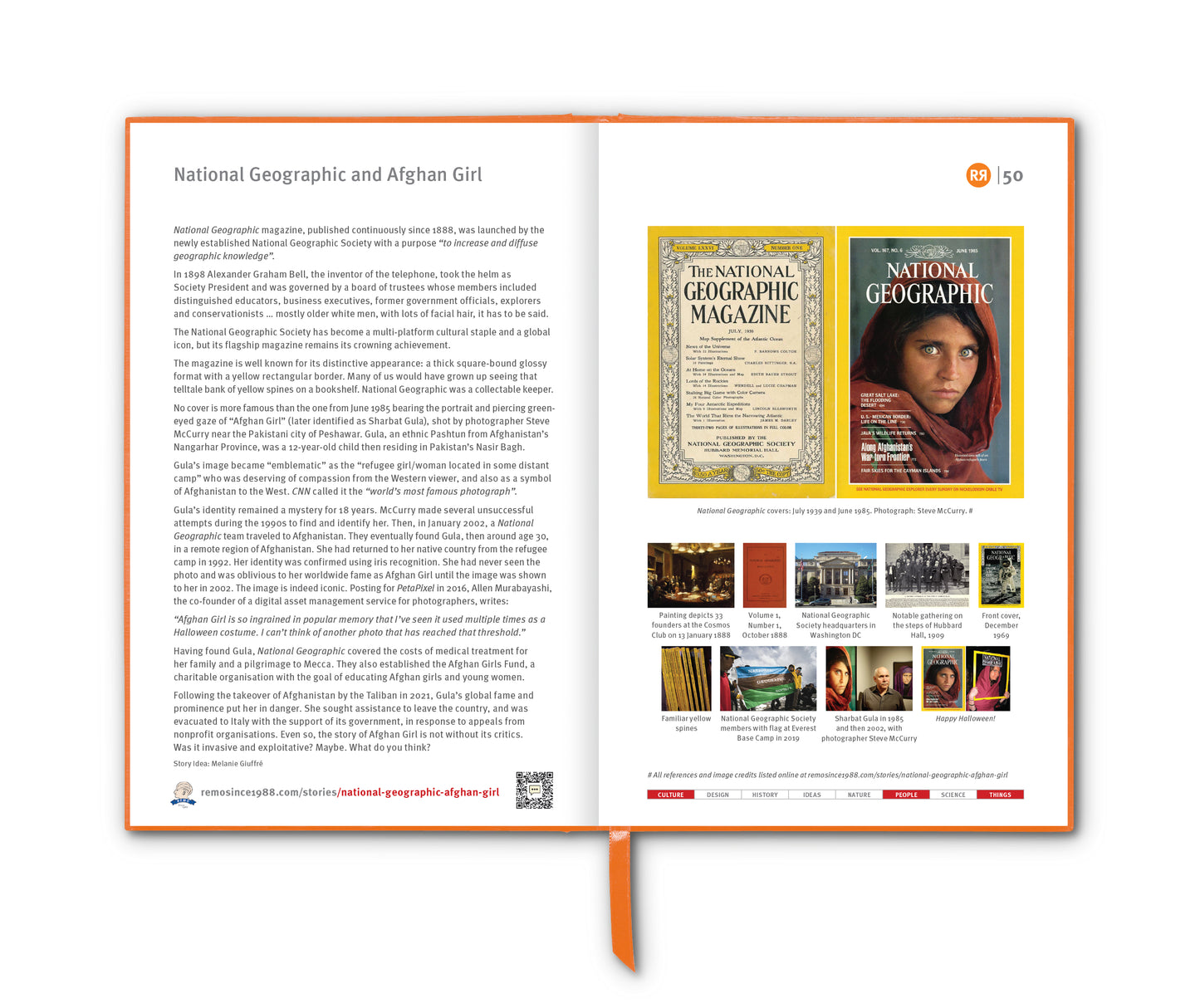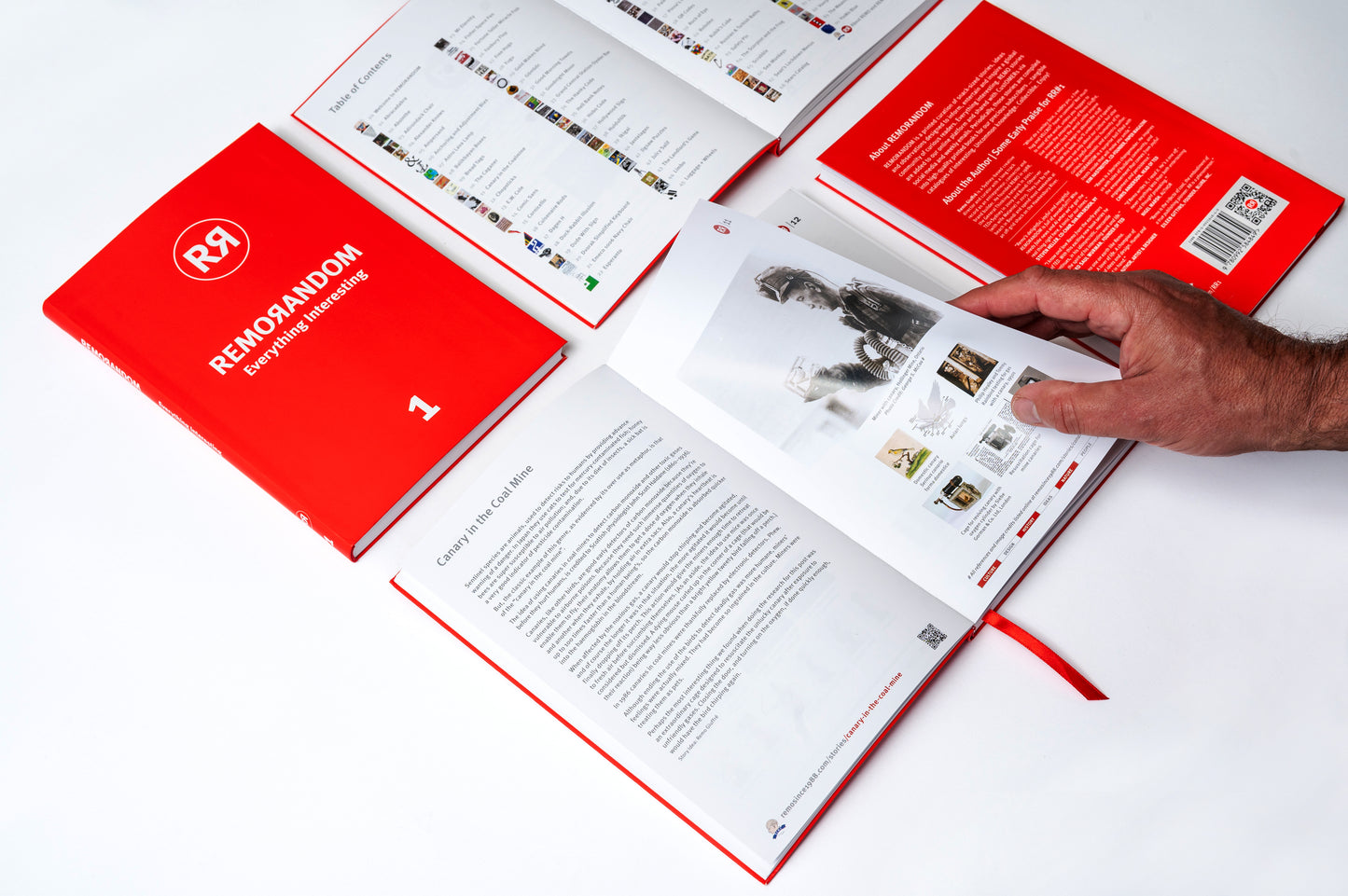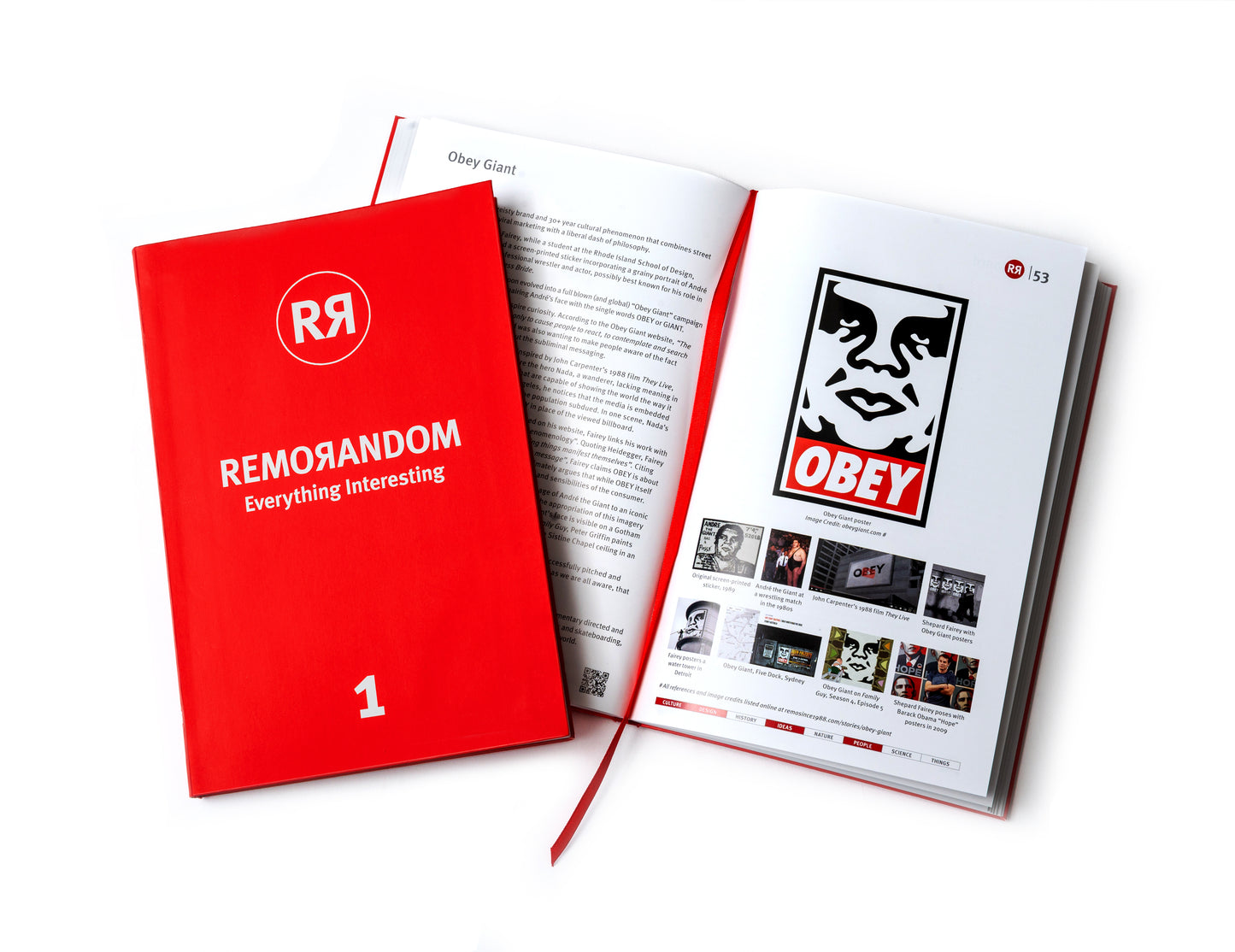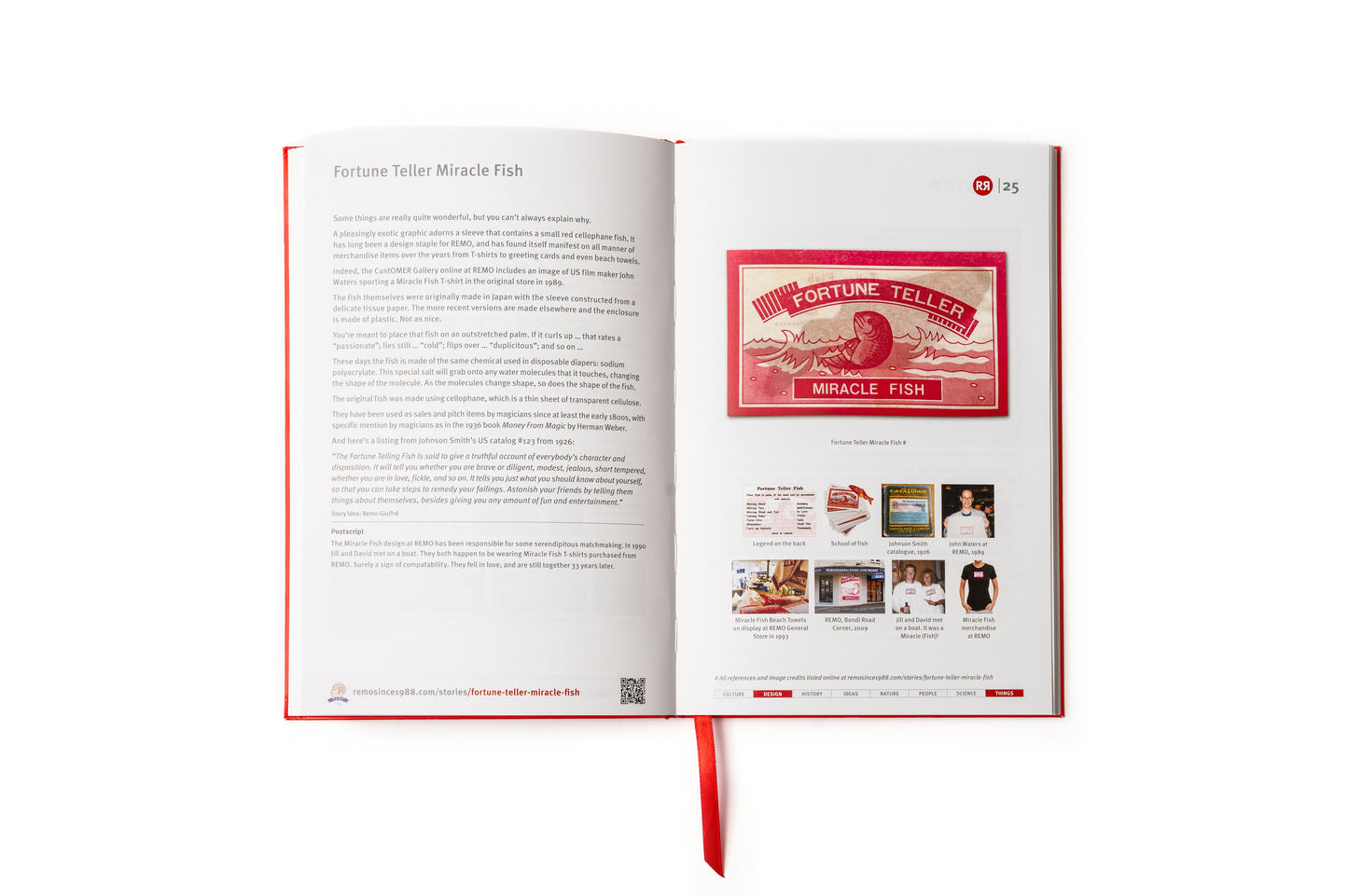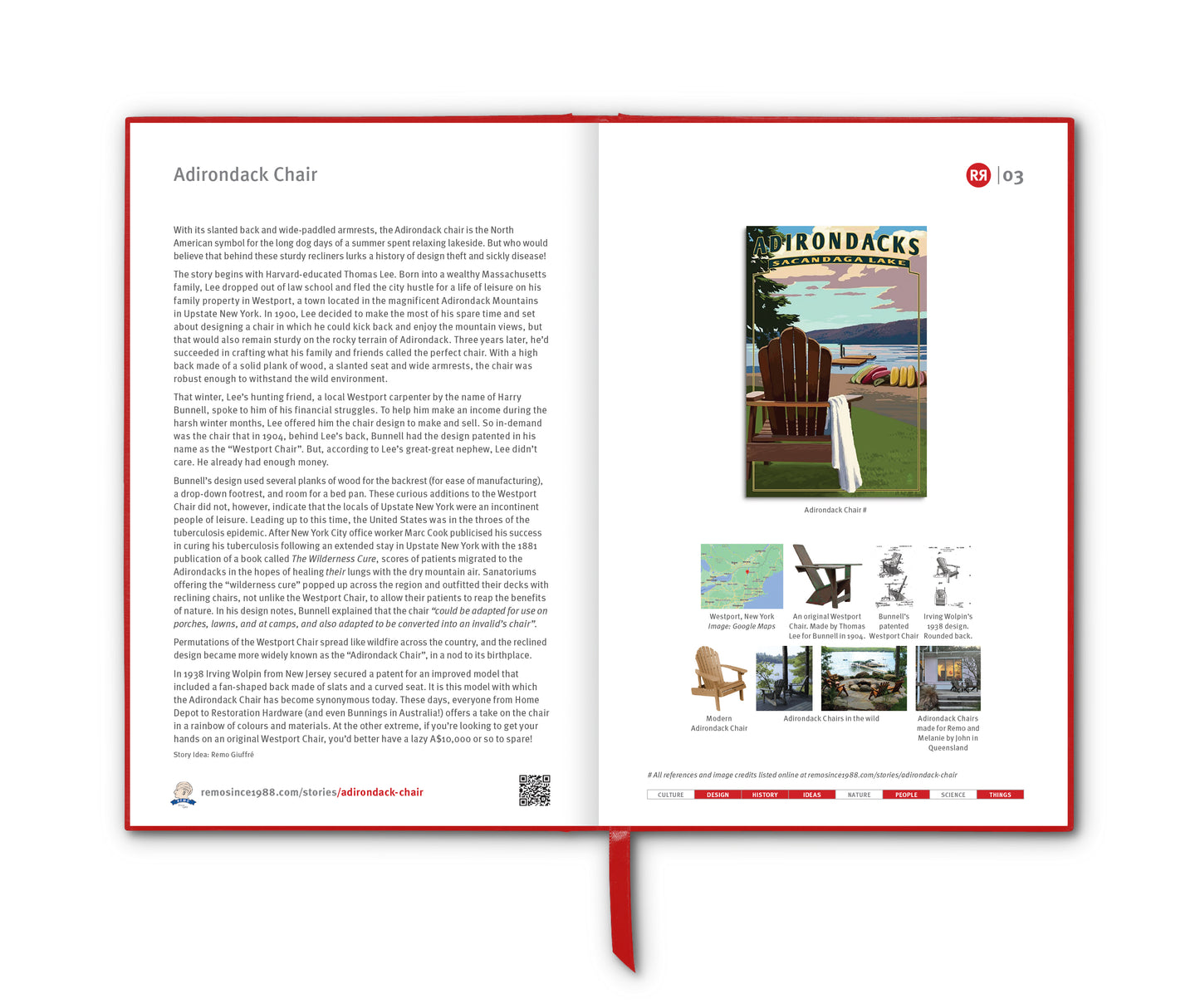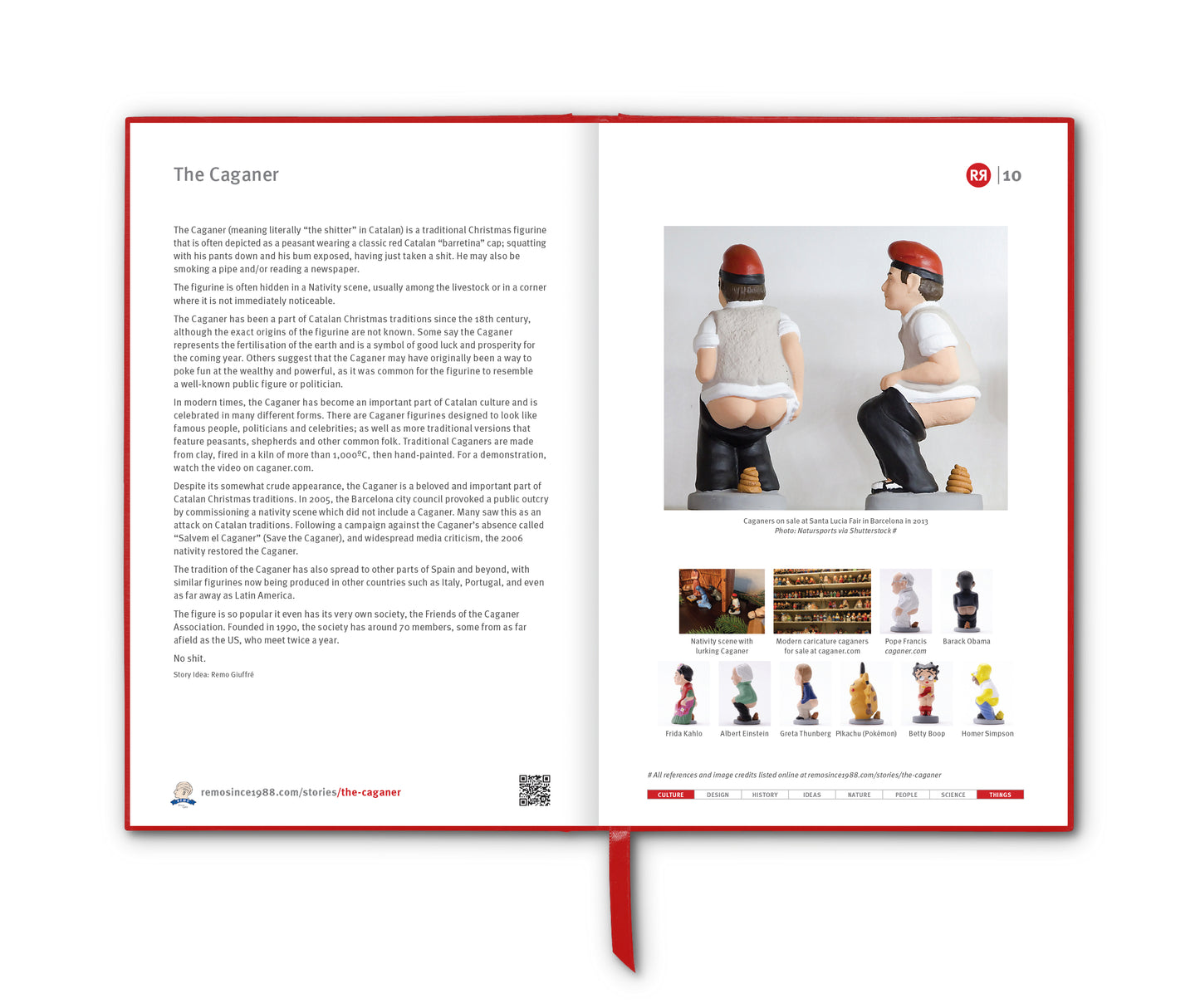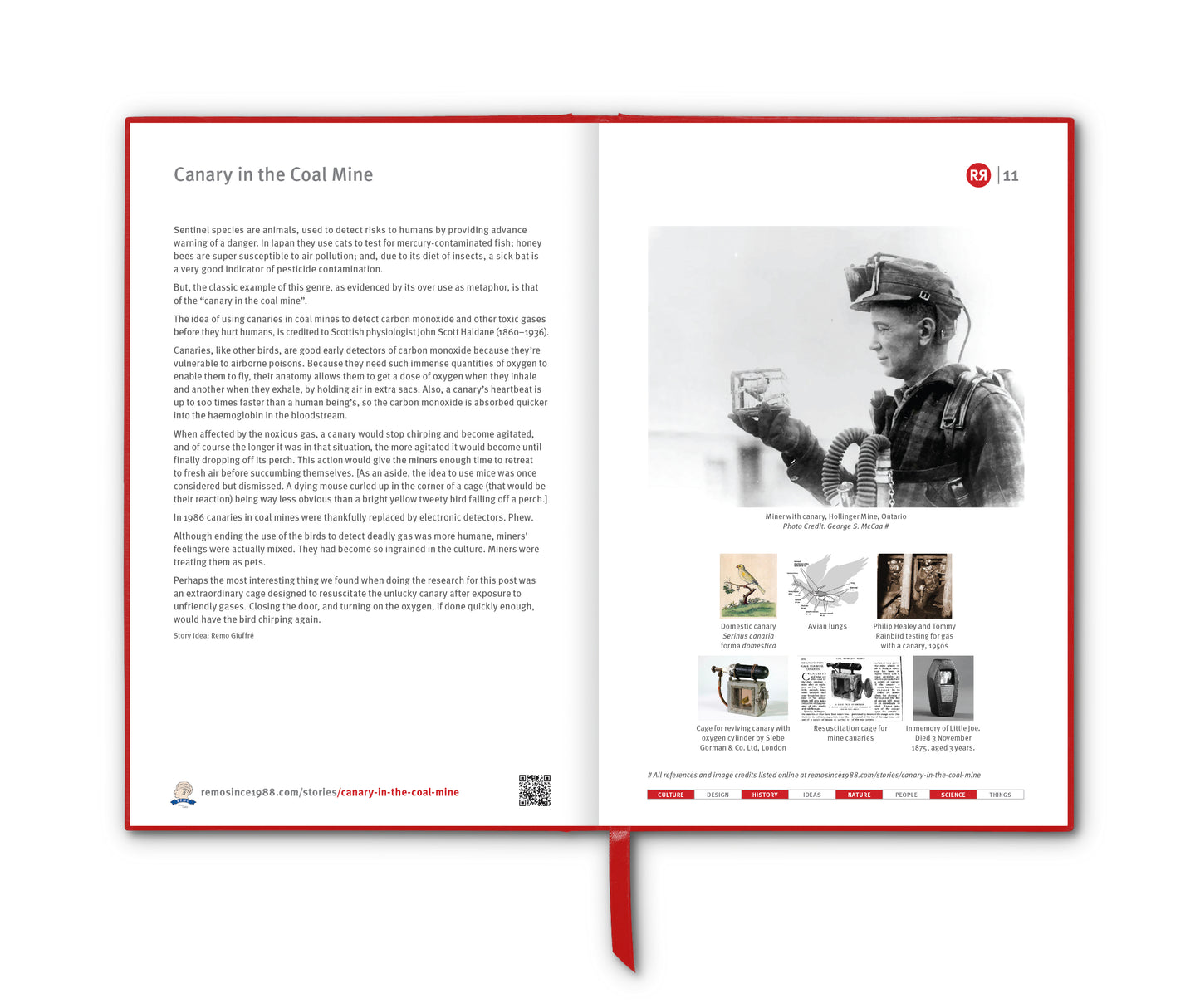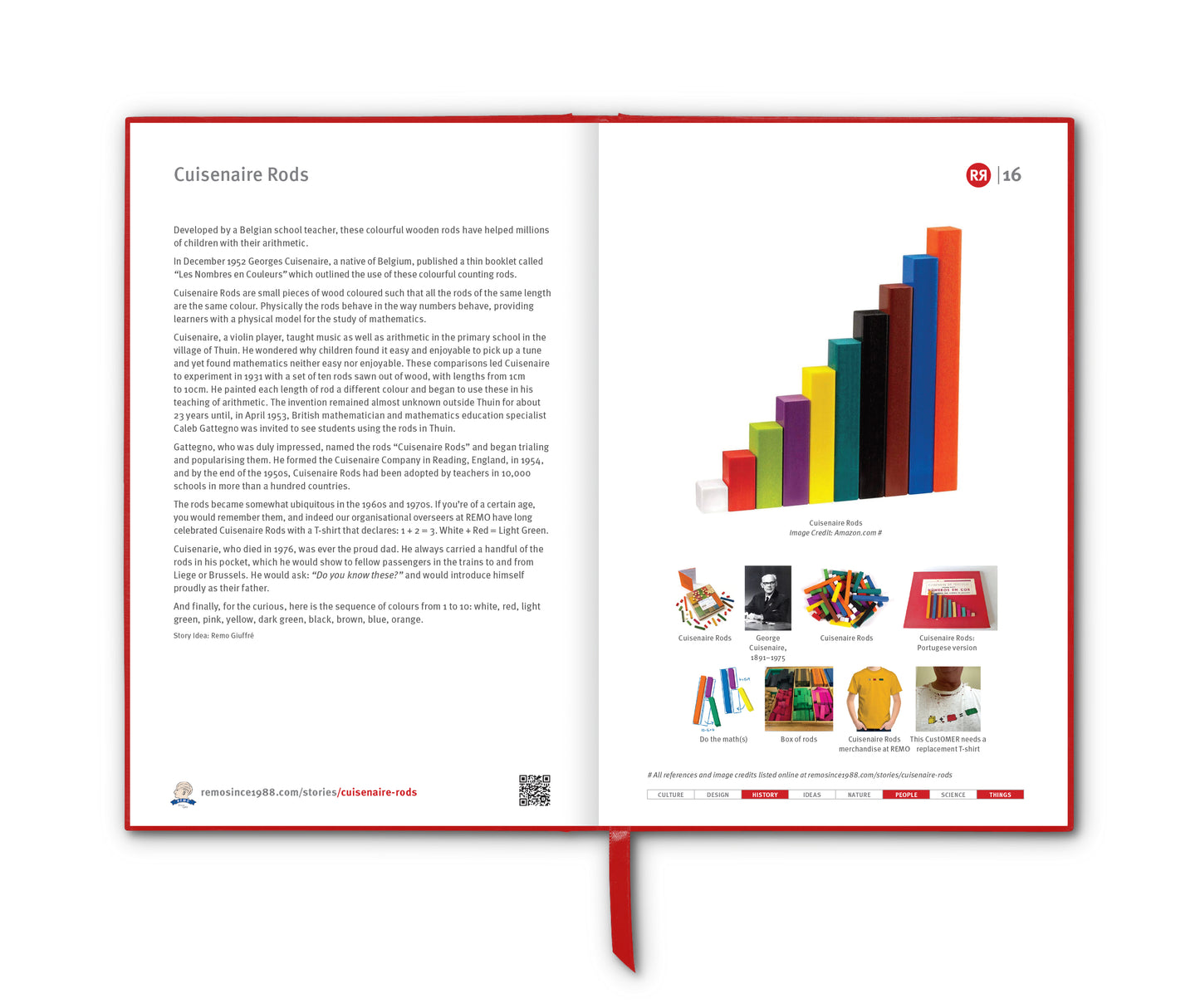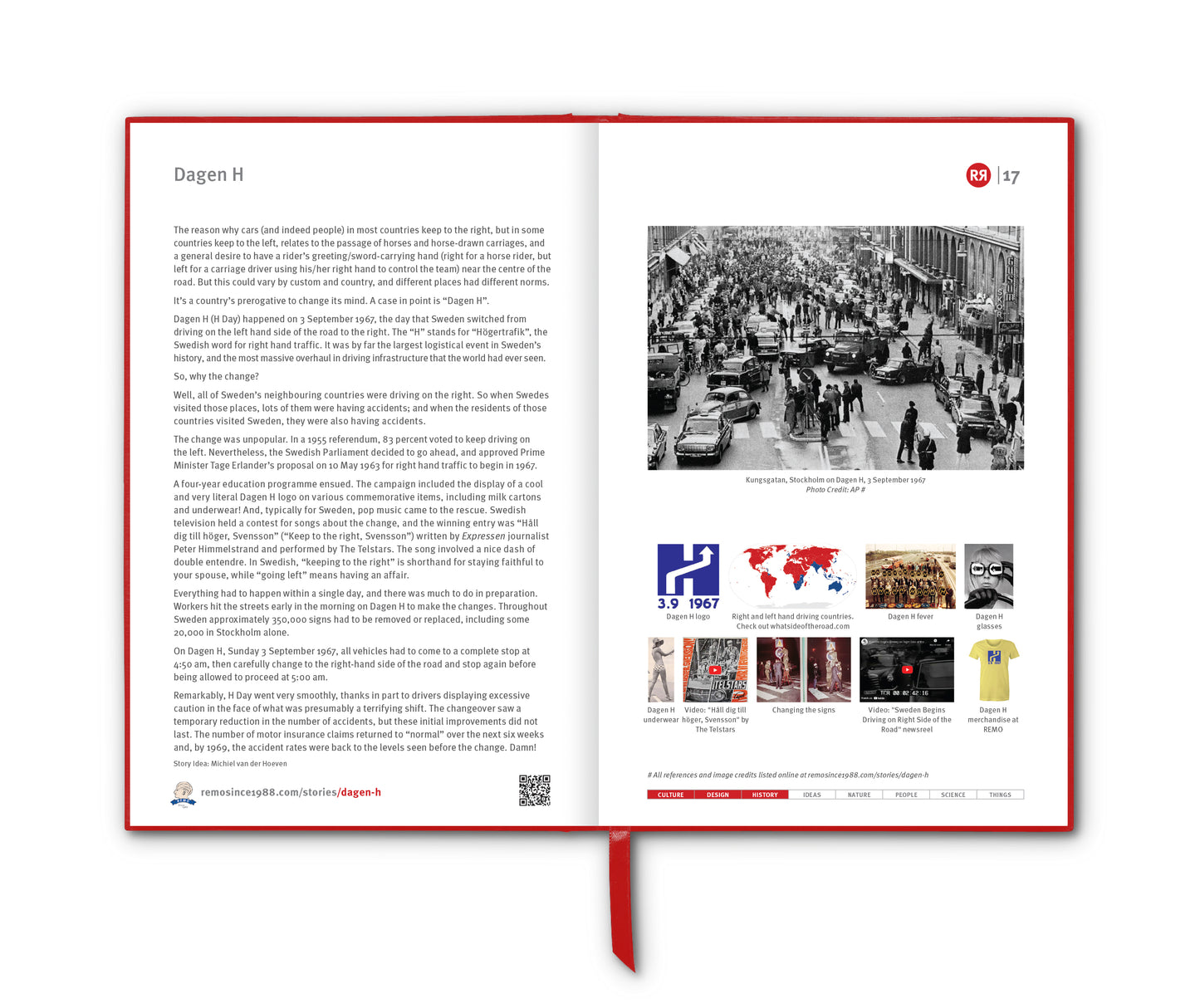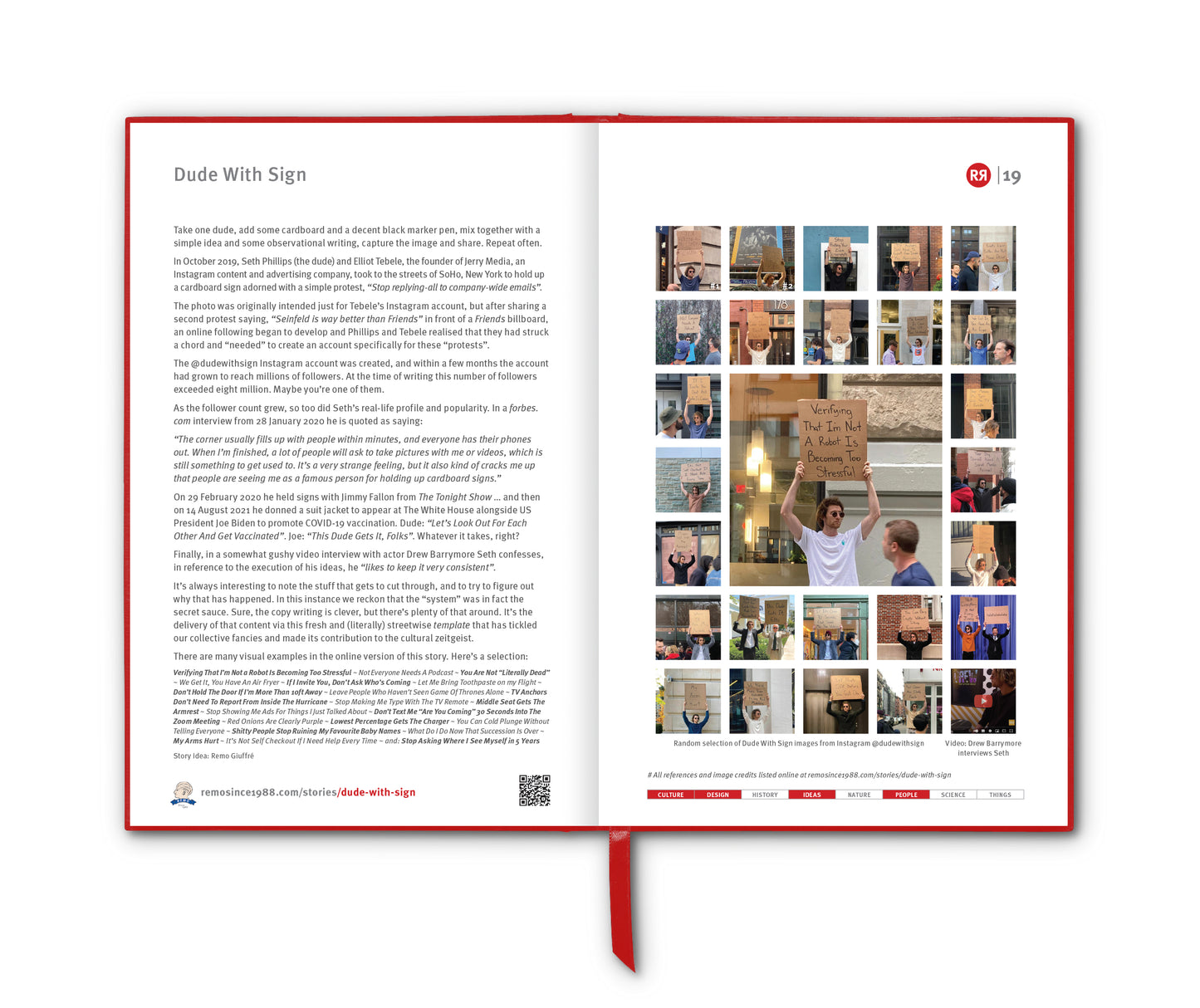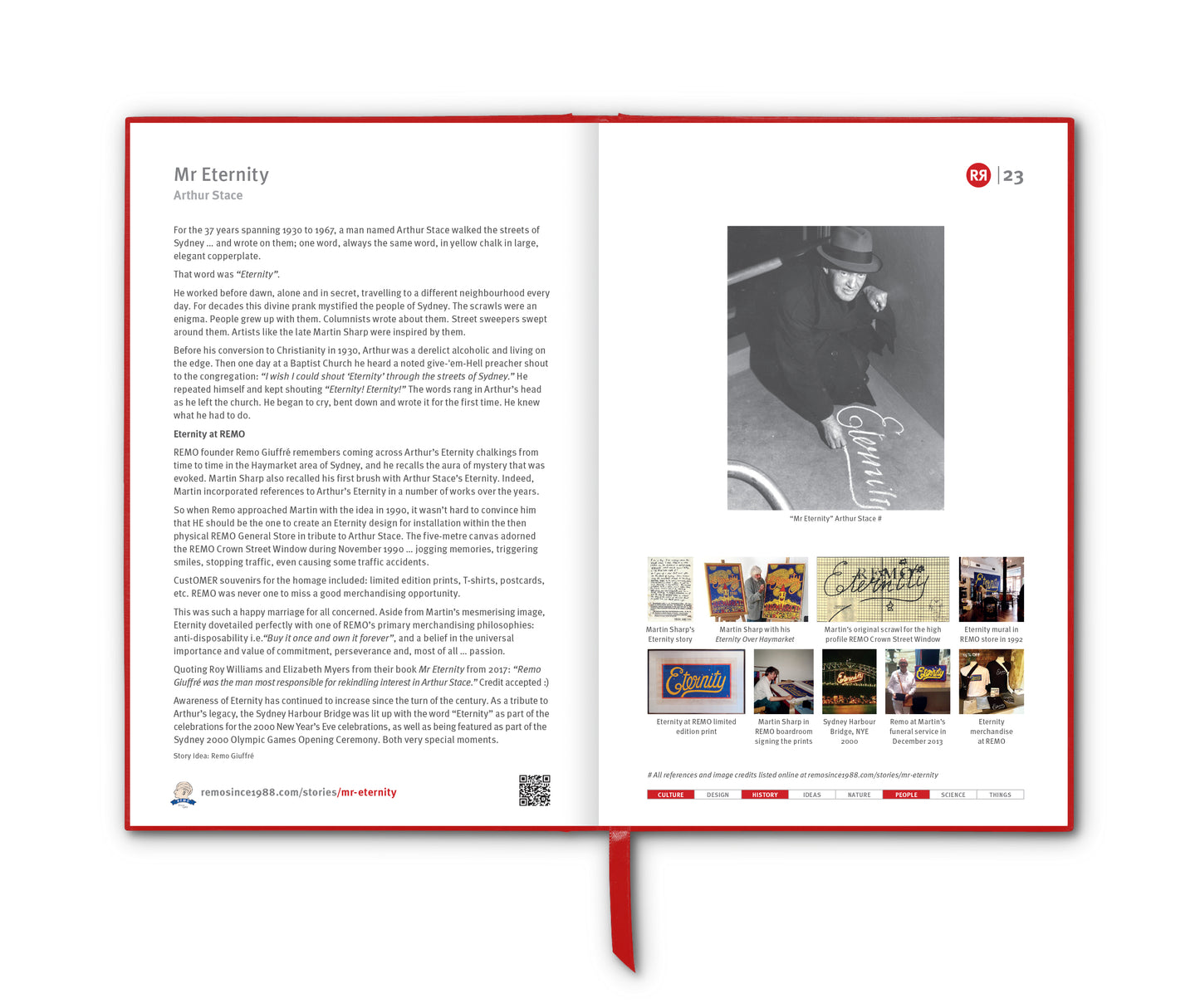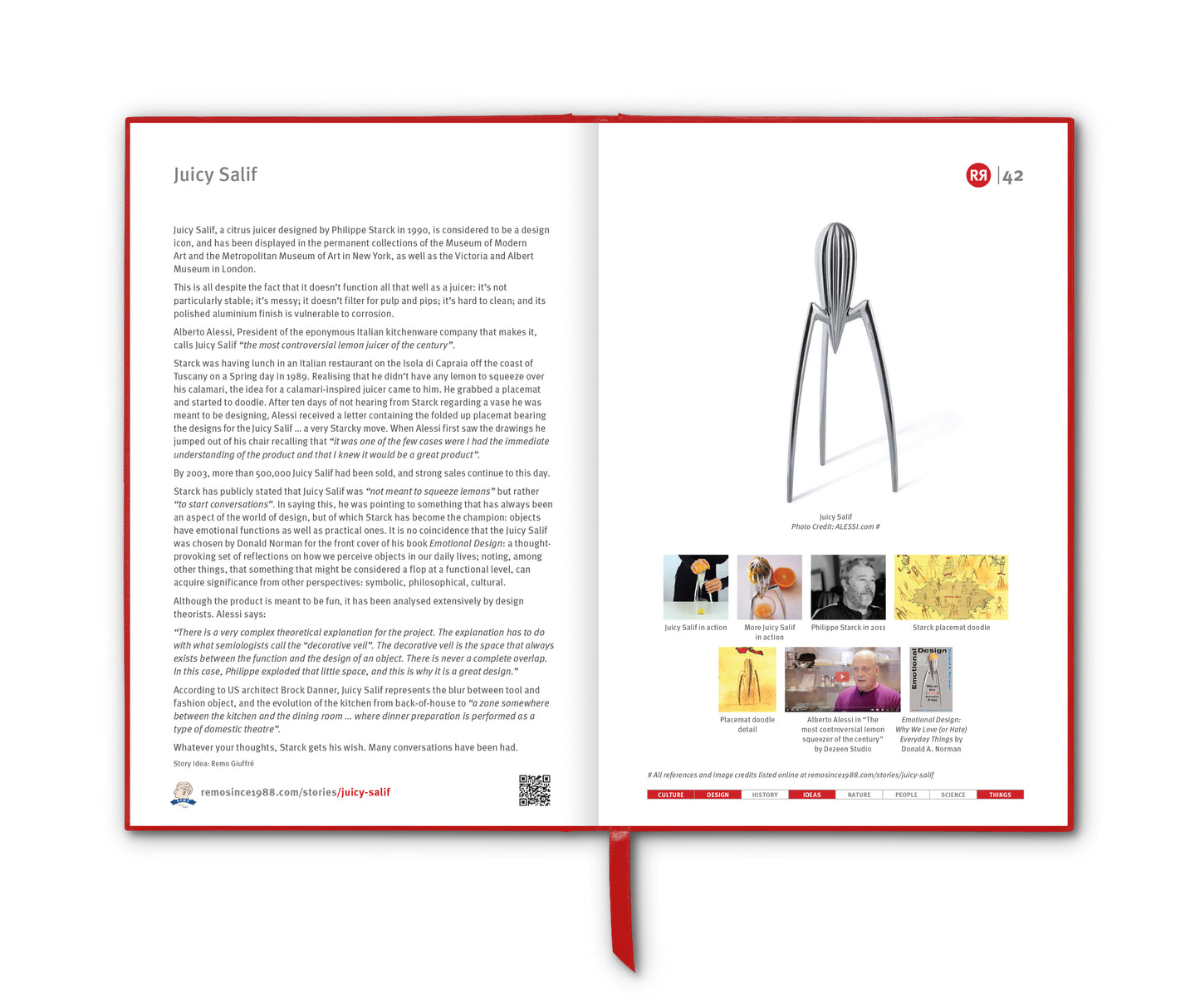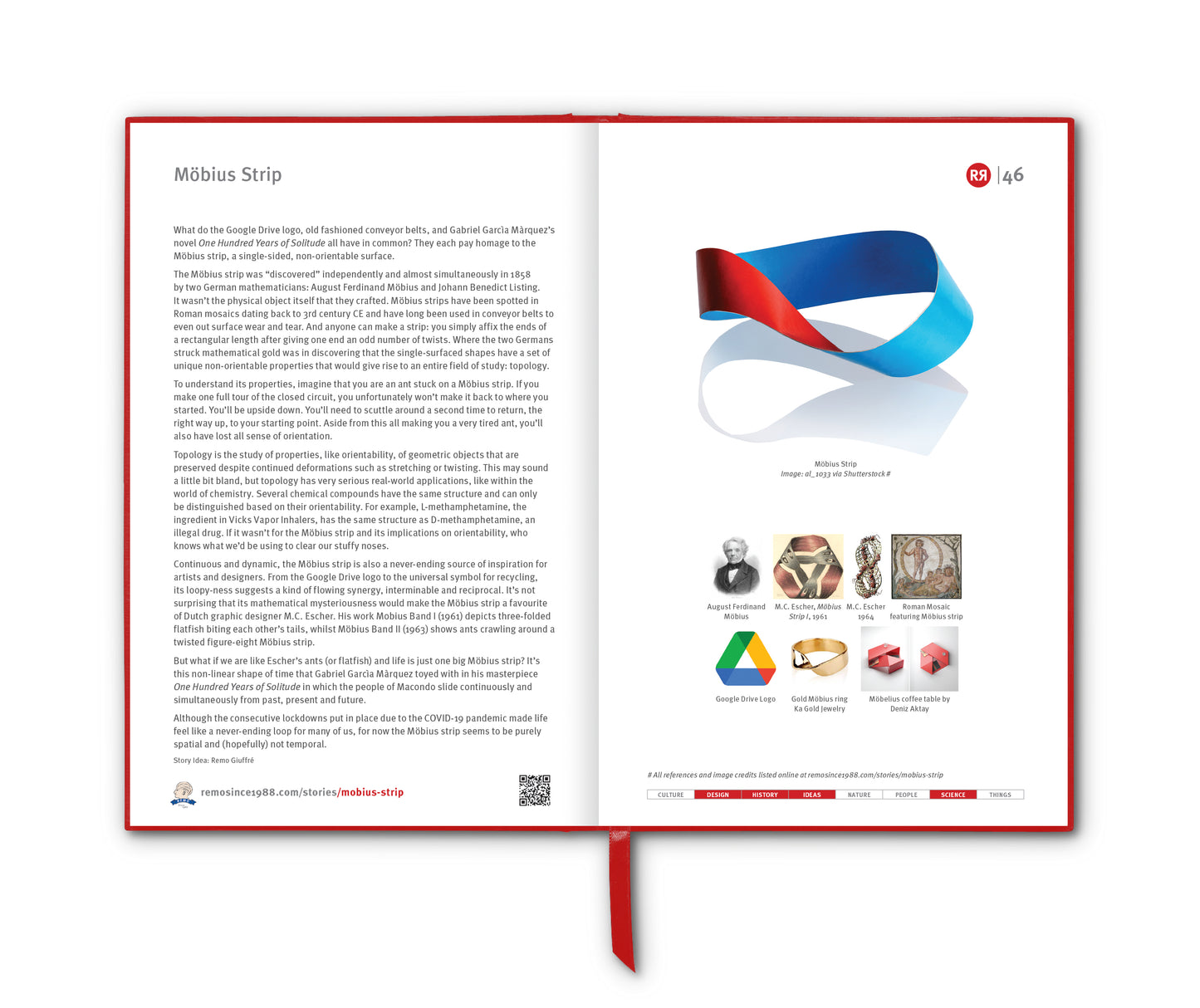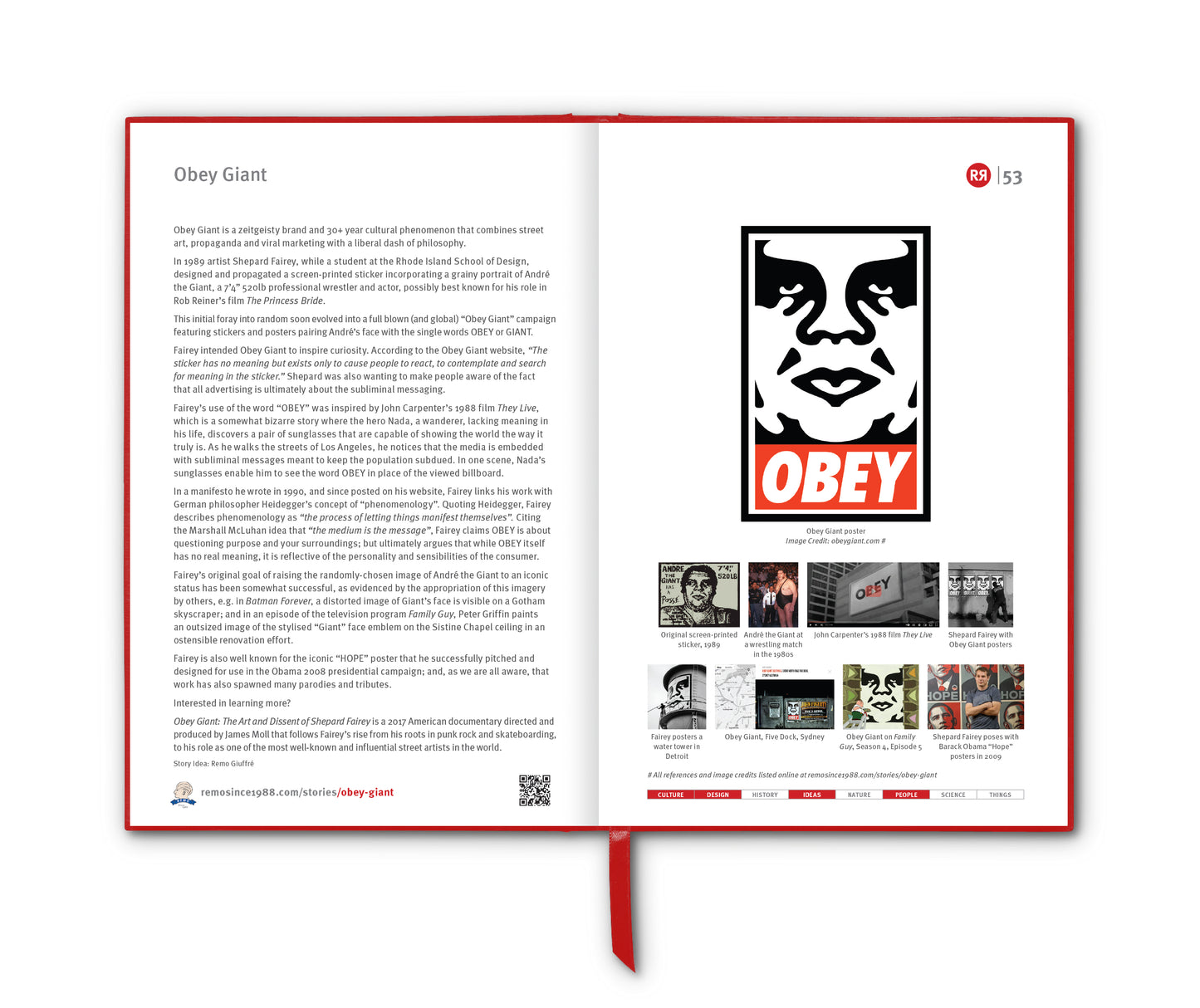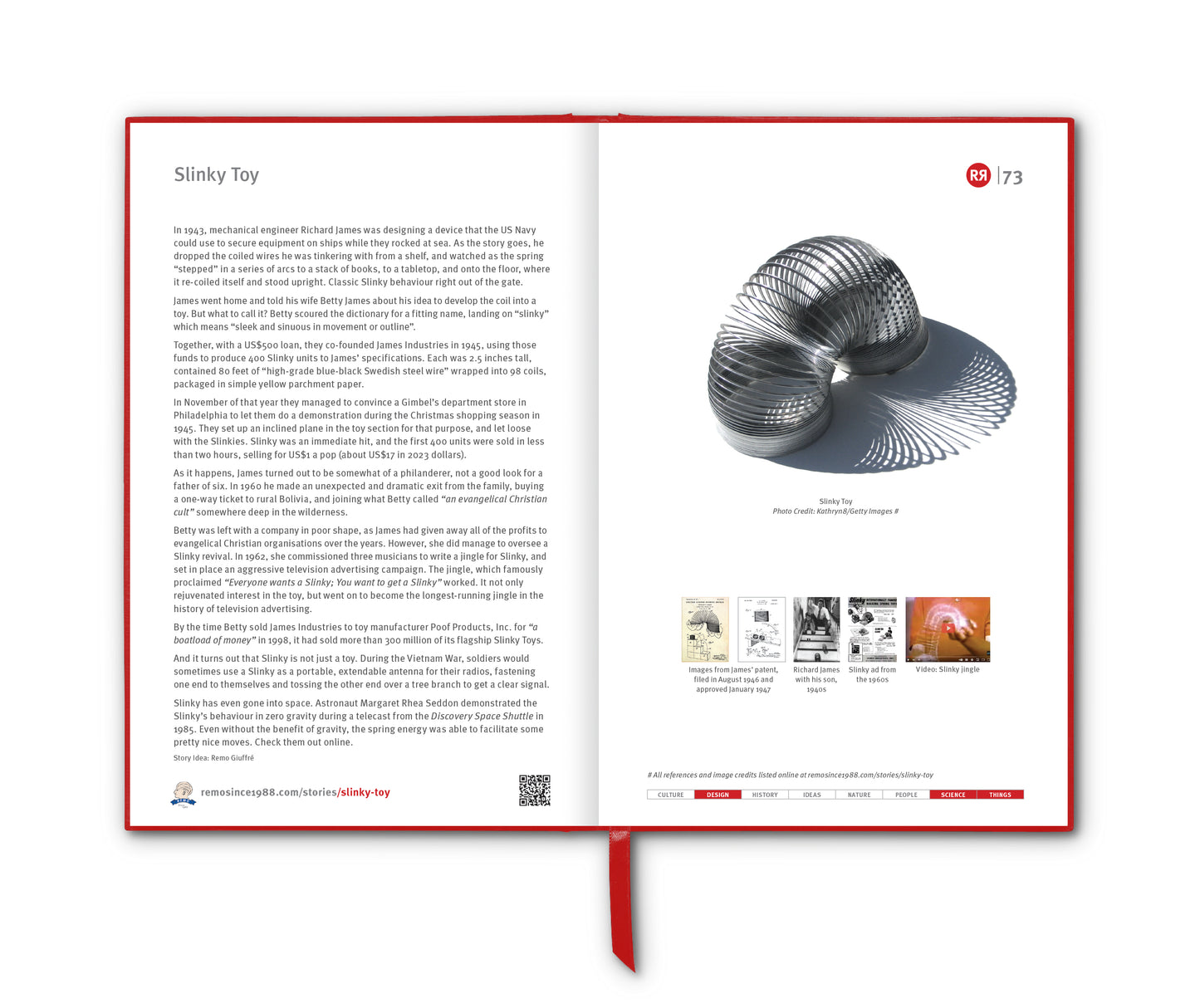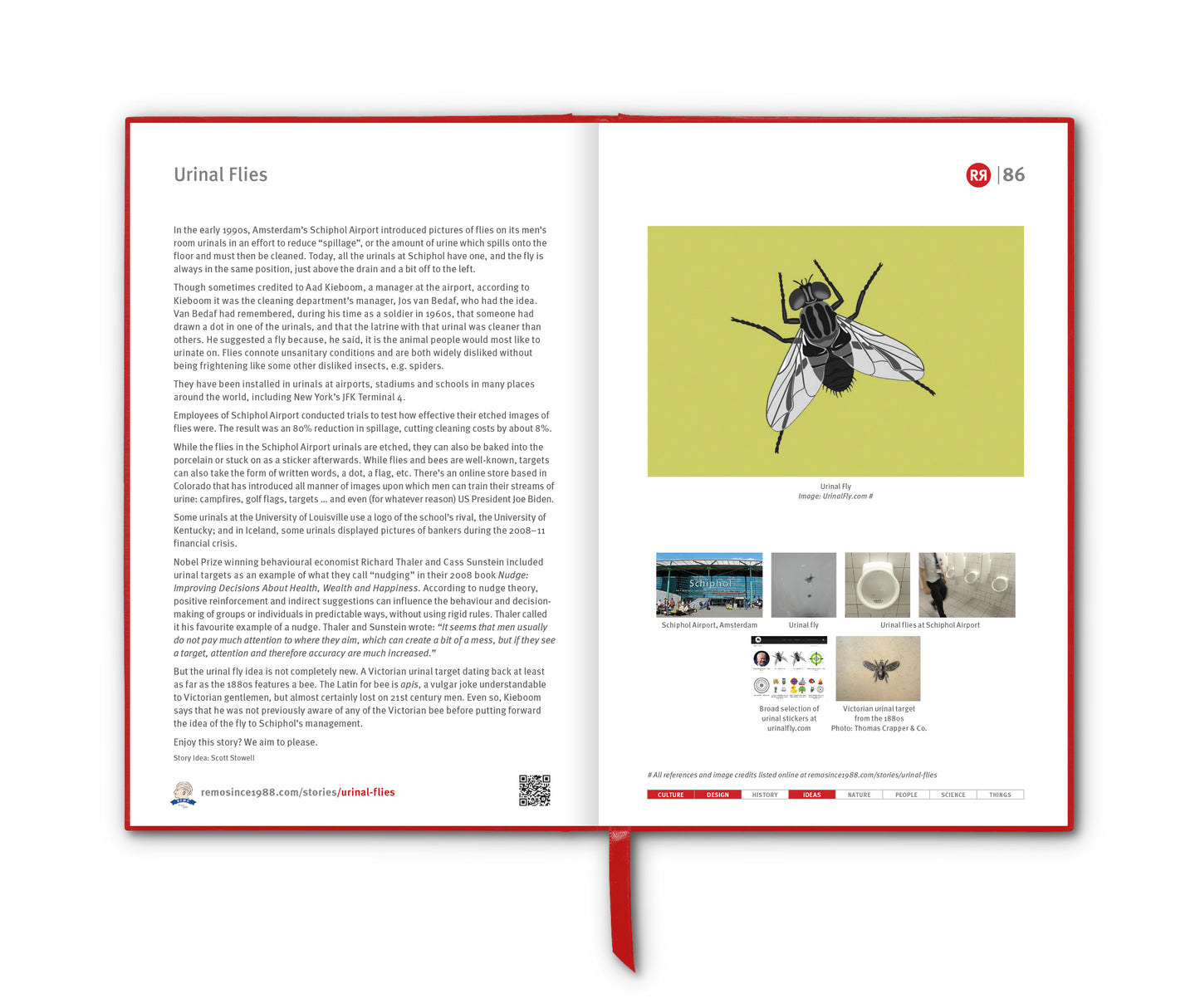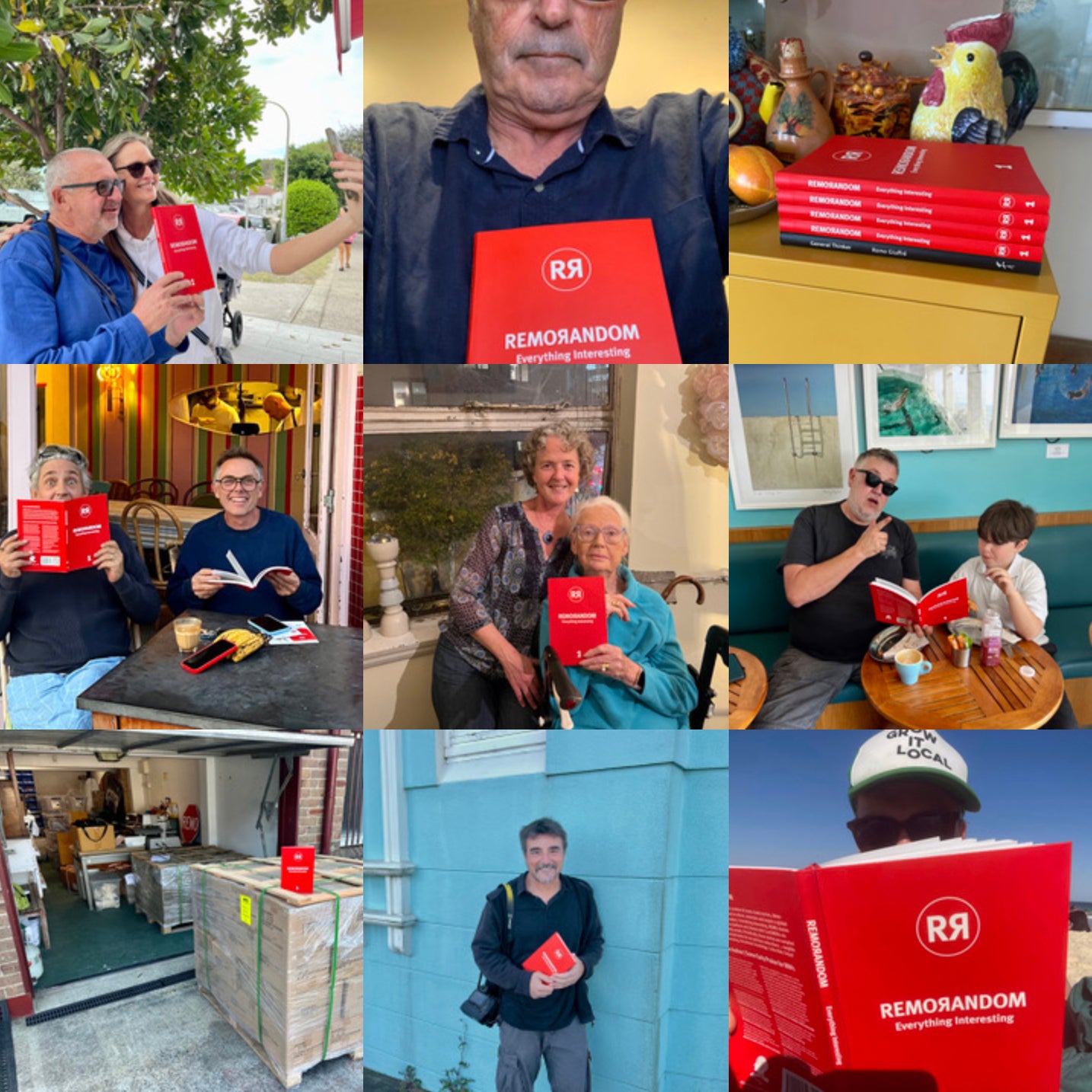The World’s Most Famous Meat Product
SPAM is a brand of canned cooked pork made by Austin, Minnesota-based Hormel Foods Corporation. It was introduced by Hormel in 1937 and gained popularity worldwide after its use during World War II. SPAM is sold in 41 countries on six continents and is trademarked in over 100 countries. By 2022 Hormel had produced more than 9 billion cans of this gelatinous pink miracle.
SPAM’s basic ingredients are pork shoulder and ham, with salt, water, modified potato starch (as a binder), sugar, and sodium nitrite (as a preservative). Natural gelatin is formed during cooking in its tins on the production line. Concerns about SPAM’s nutritional attributes have been raised, in large part due to its high content of fat, sodium, and preservatives.
Popular cultural references to SPAM are countless, including a Monty Python skit, which repeated the name many times, leading to its name being borrowed to describe unsolicited electronic messages, especially email. It is occasionally celebrated in festivals such as Austin's SPAMARAMA.
Hormel introduced SPAM on 5 July 1937. Ken Daigneau, the brother of a company executive, won a $100 prize that year in a competition to name the new item. A popular belief is that the name is a contraction of "spiced ham”. It has also been speculated to be an acronym for "Shoulder of Pork And Ham”.
The difficulty of delivering fresh meat to the front during World War II saw SPAM become a ubiquitous part of the US soldier's diet. Over 68,000 tonnes of SPAM was purchased by the military before the war's end. It was so prominent that Uncle Sam was nicknamed "Uncle Spam”.
During World War II and the occupations that followed, SPAM was introduced into Guam, Hawaii, Okinawa, the Philippines, and other islands in the Pacific. Immediately absorbed into native diets, it has become a unique part of the history and effects of US influence in the Pacific islands. Throughout the war, countries ravaged by the conflict and faced with strict food rations came to appreciate SPAM.
Take for example the Philippines, where SPAM is a popular food item that transcends economic class and has made its way into many local dishes. There it is seen as a cultural symbol. With the mass destruction of World War II having created food shortages and the US participating in rebuilding the region, SPAM became a symbol of American generosity in helping feed the people.
As regards the use of the word “spam” in reference to unsolicited messaging, and its satirisation by Monty Python, Hormel was initially none too pleased. However, it changed its mind when they saw an opportunity for a profitable partnership. With the 2004 debut of the Broadway musical SPAMALOT (trailer here), they embraced the Monty Python effect, sponsored the show and even released a special edition can for the occasion.
Has SPAM played a role in your life?
_______________________
References
wikipedia.org/wiki/Spam_(food)
spam.com/
mashed.com/123885/untold-truth-spam/
brandinginasia.com/spam-brand-philippines-and-bbdo-guerrero-open-pop-up-shop-for-the-benefit-of-medical-frontliners/
Images
1. SPAM Classic
2. SPAM - Monty Python's Flying Circu
3. From the SPAMALOT Broadway Set
4. Spam Email Image Copyright: Devon Yu ( Feng Yu 余峰 ) Vancouver BC Canada
5. SPAM Museum in Austin, Minnesota
6. Spam Launches Online Shop to Help Health Workers in the Philippines





























